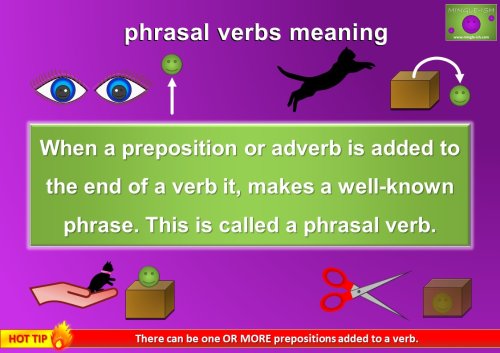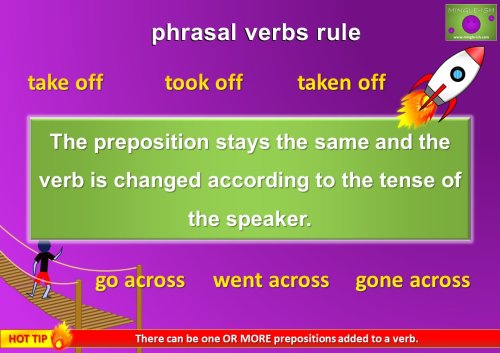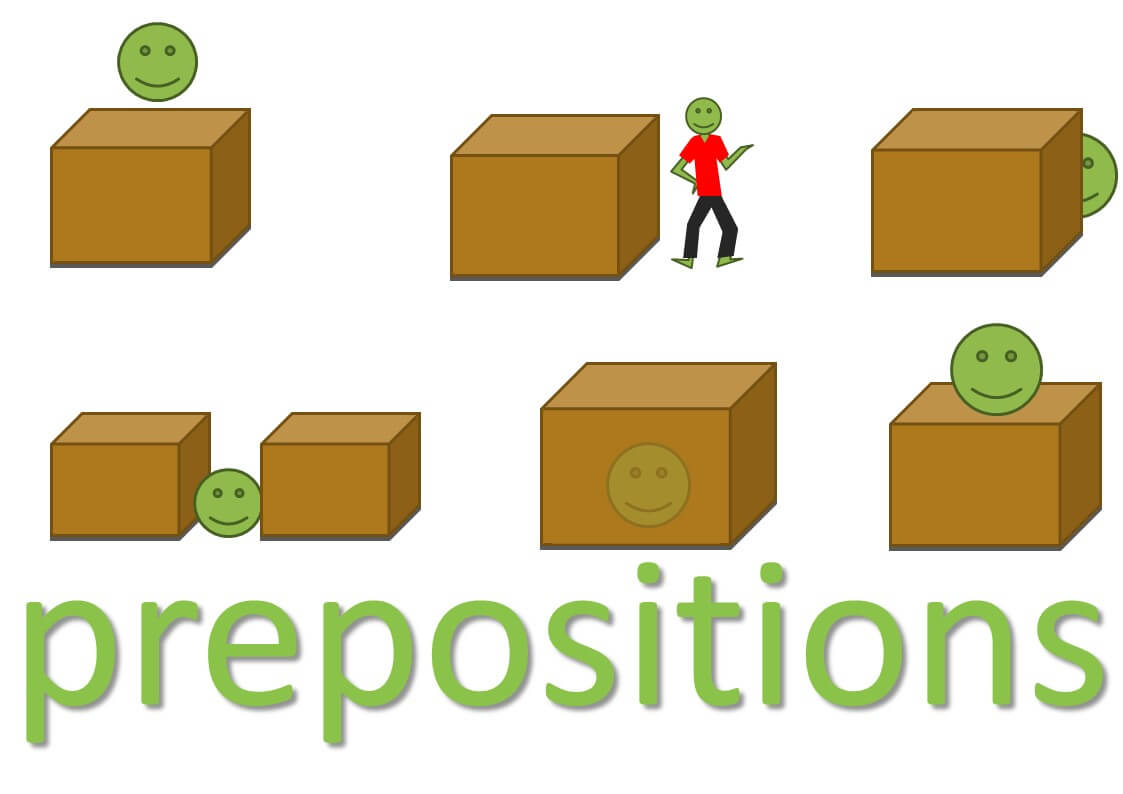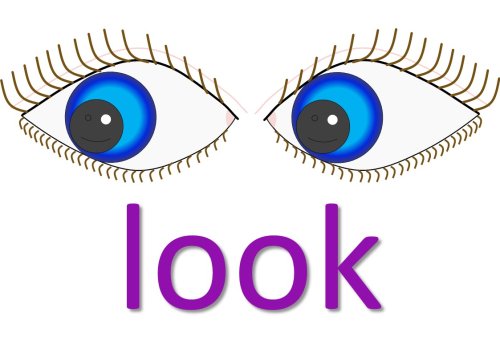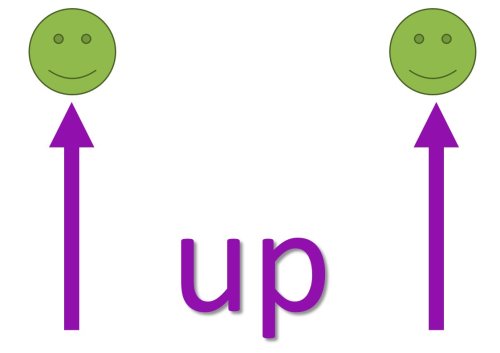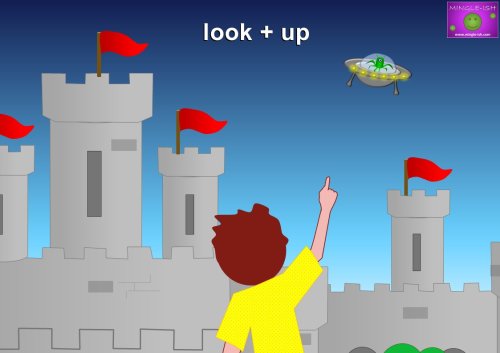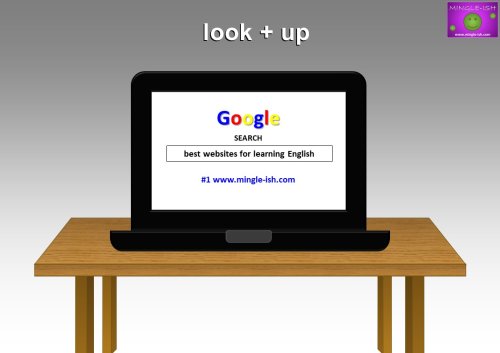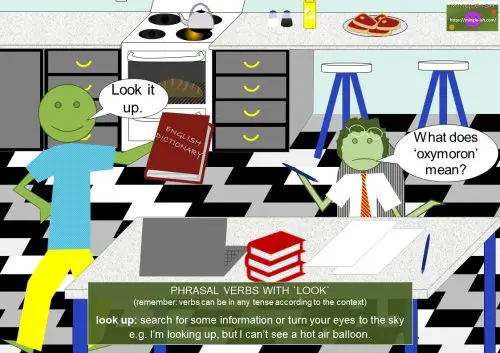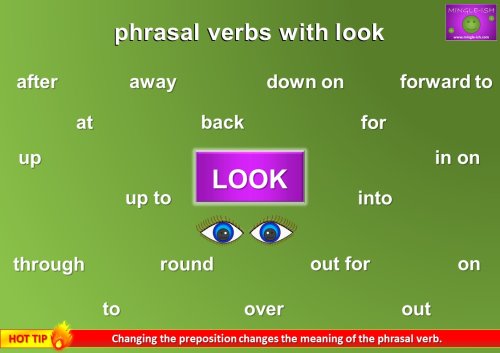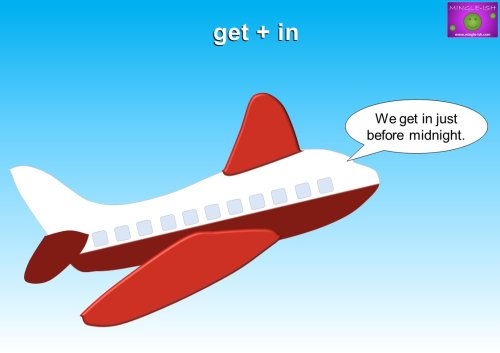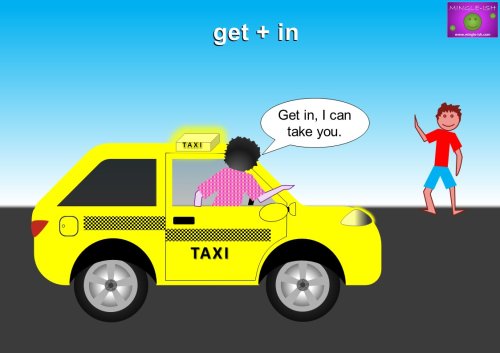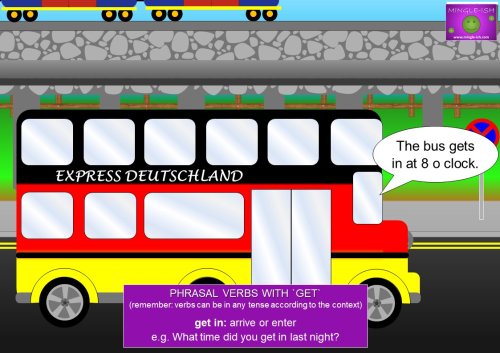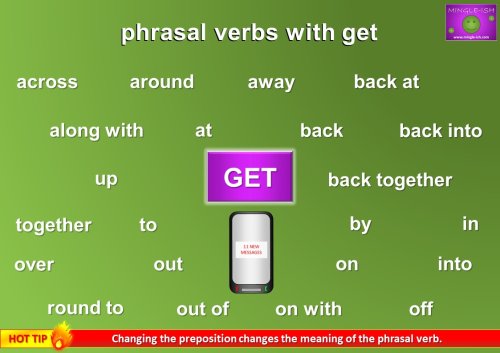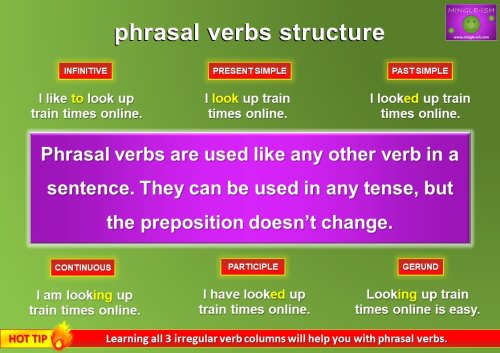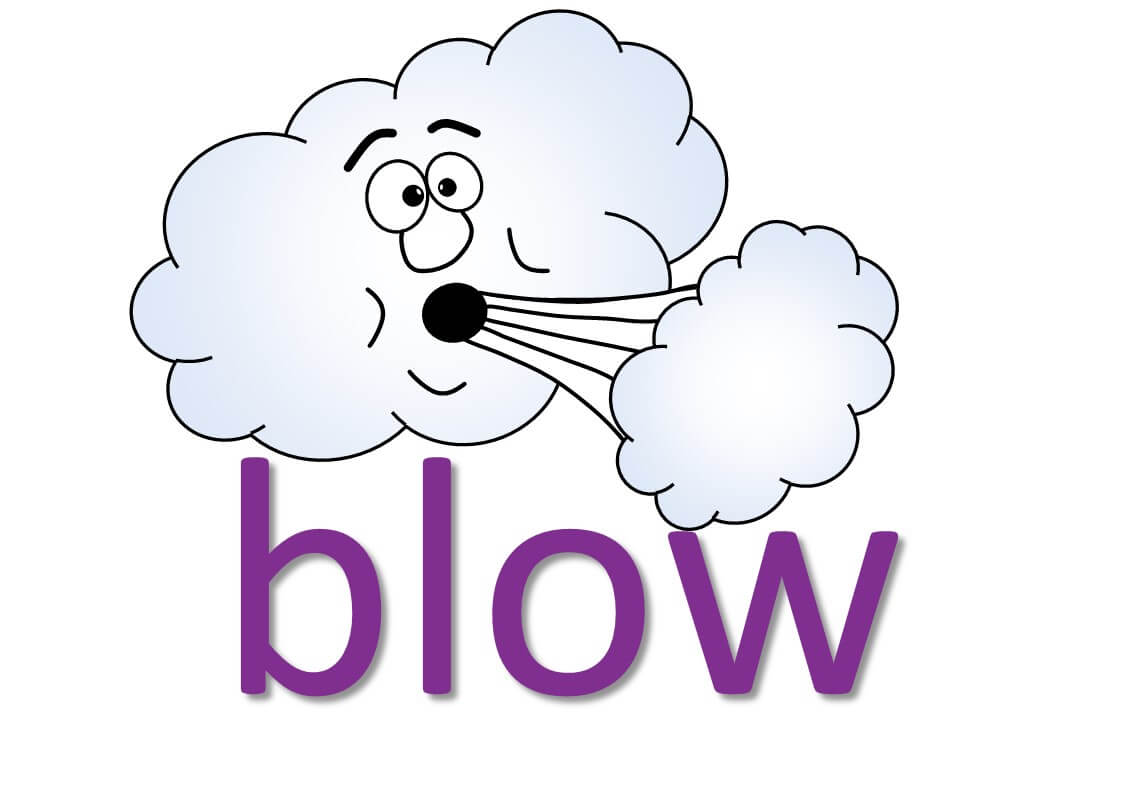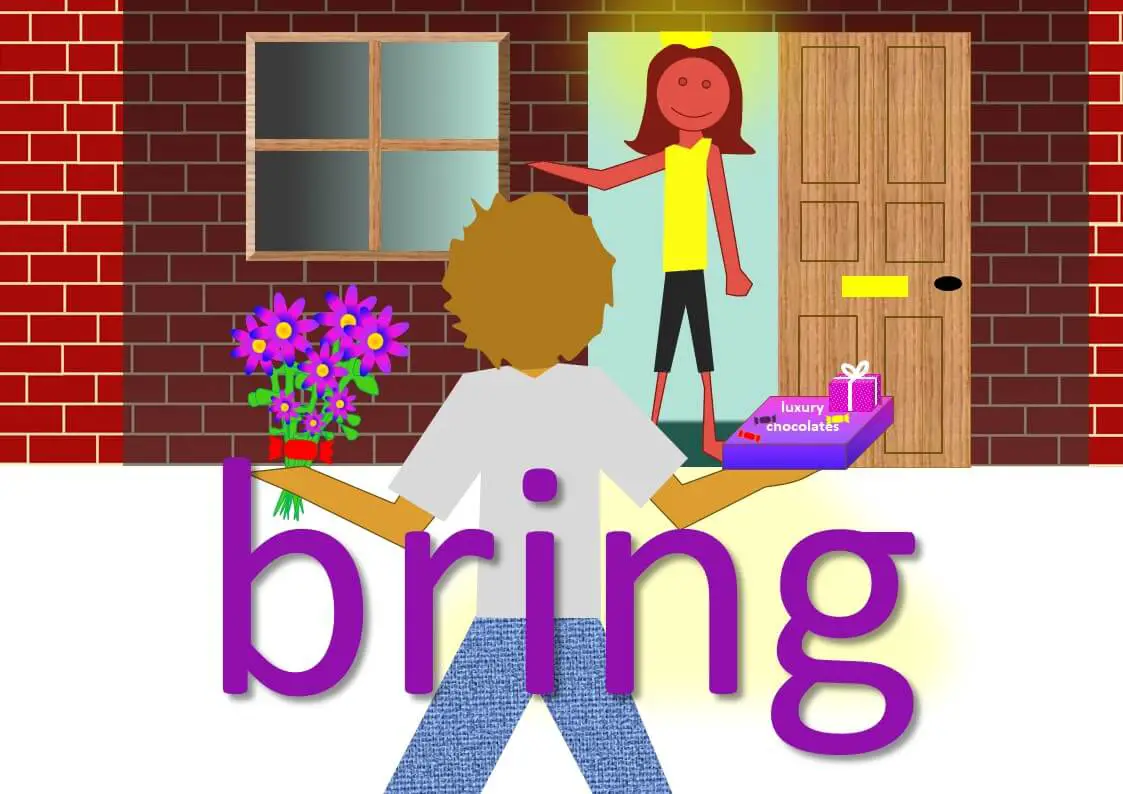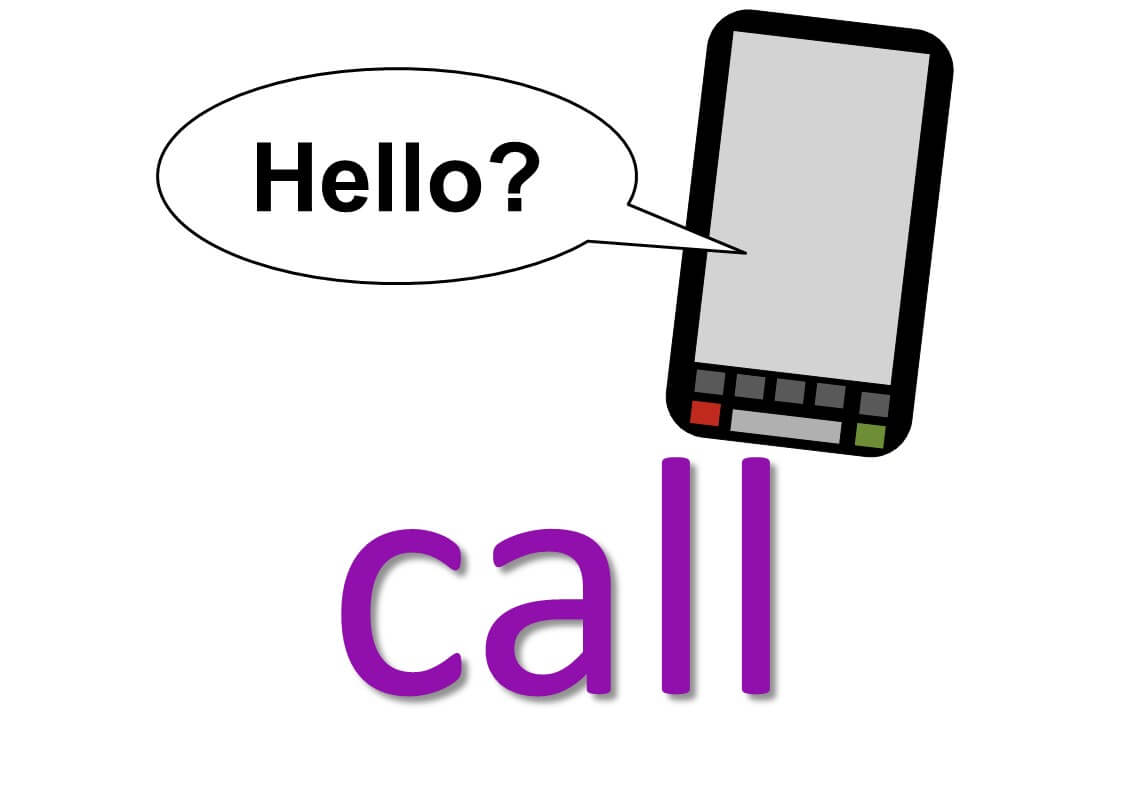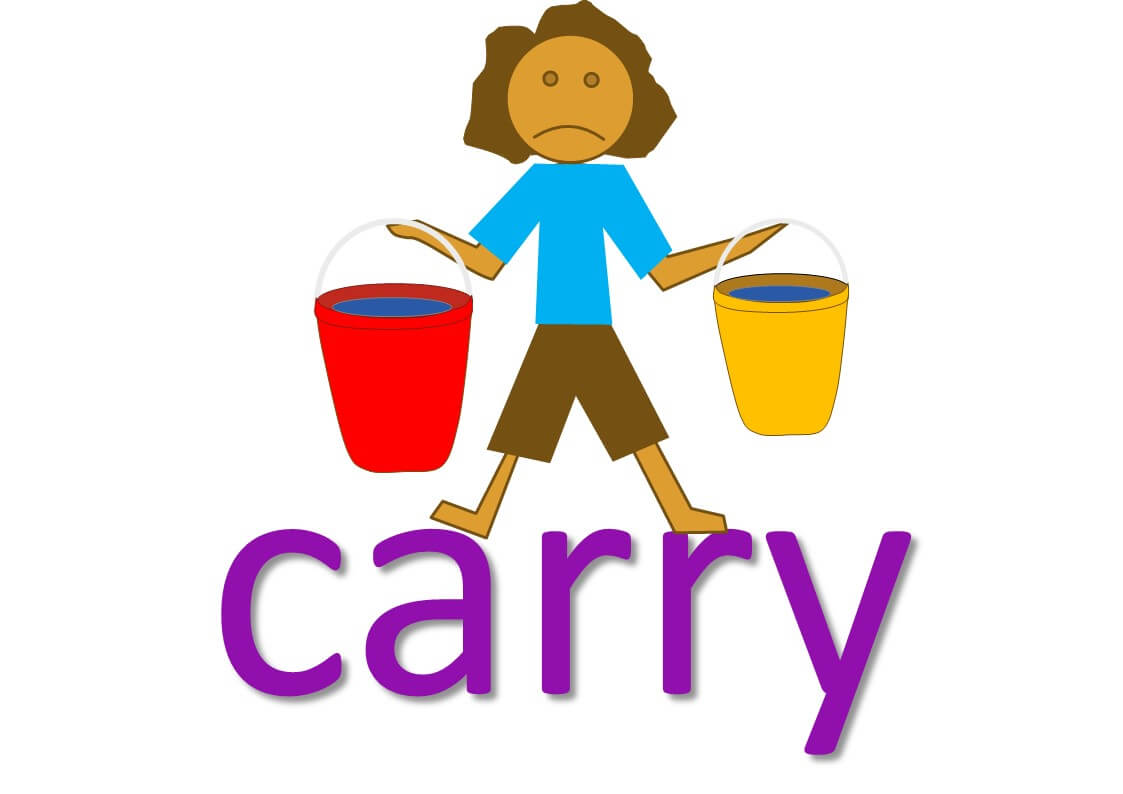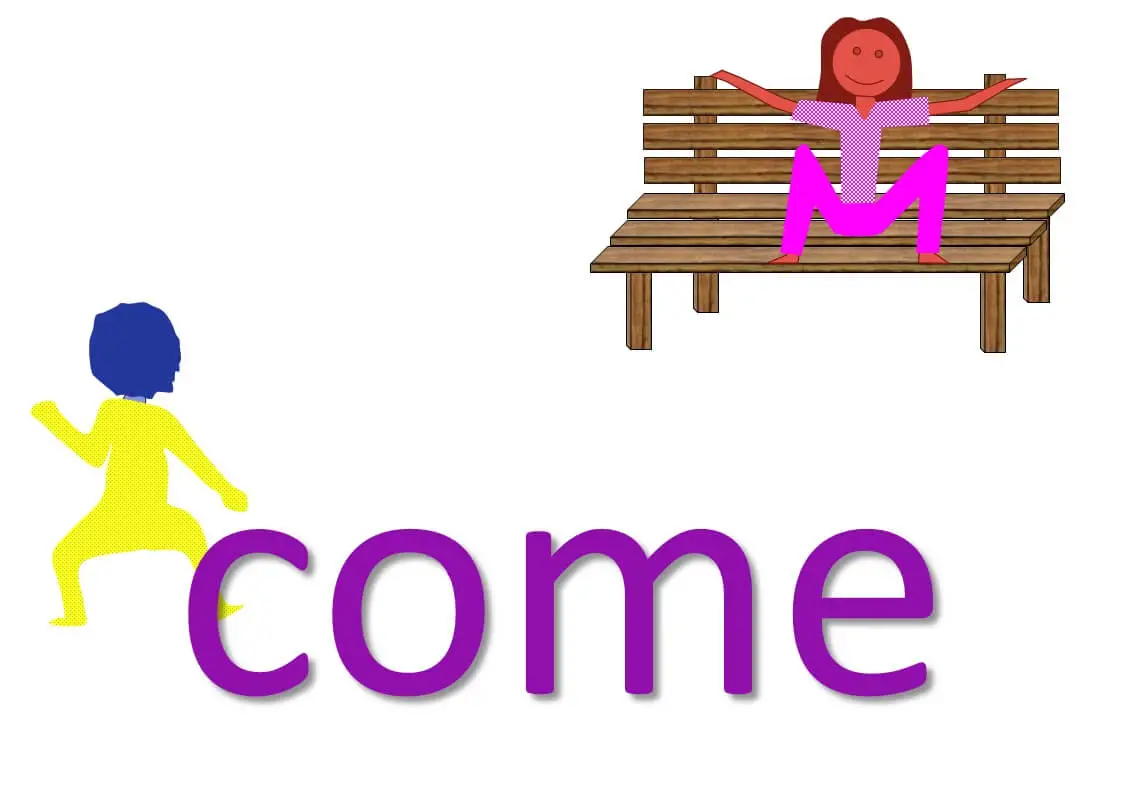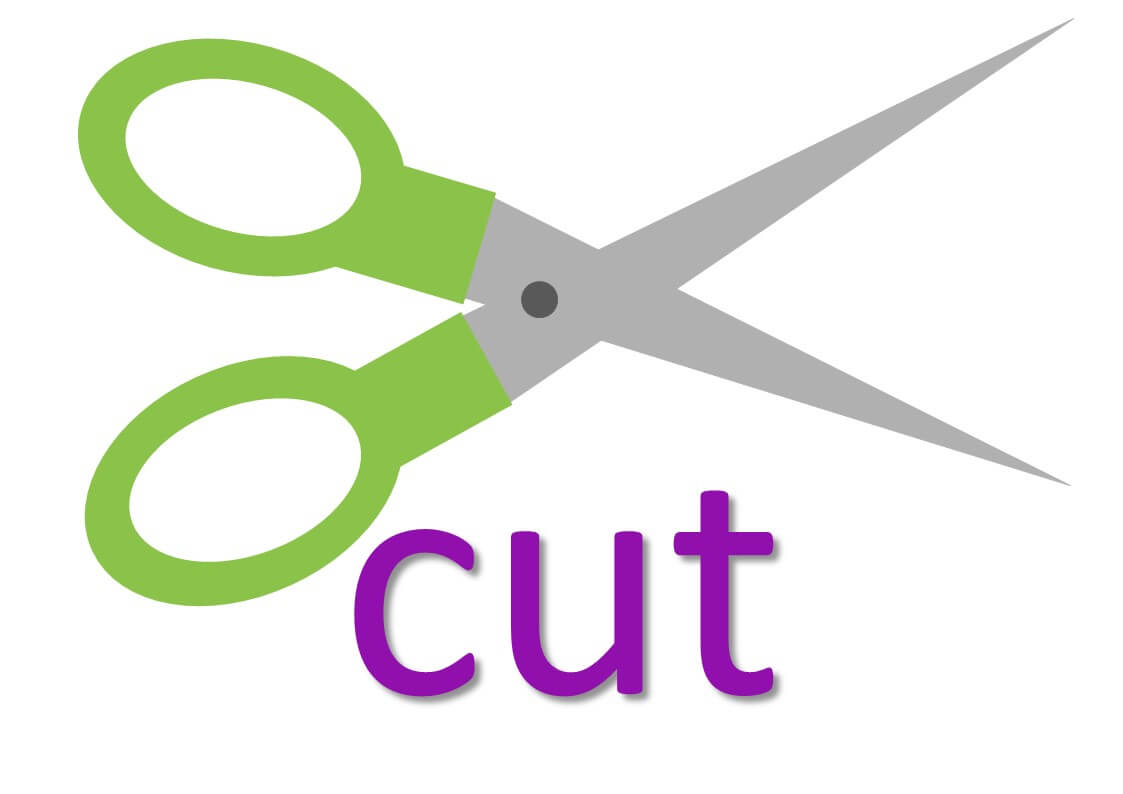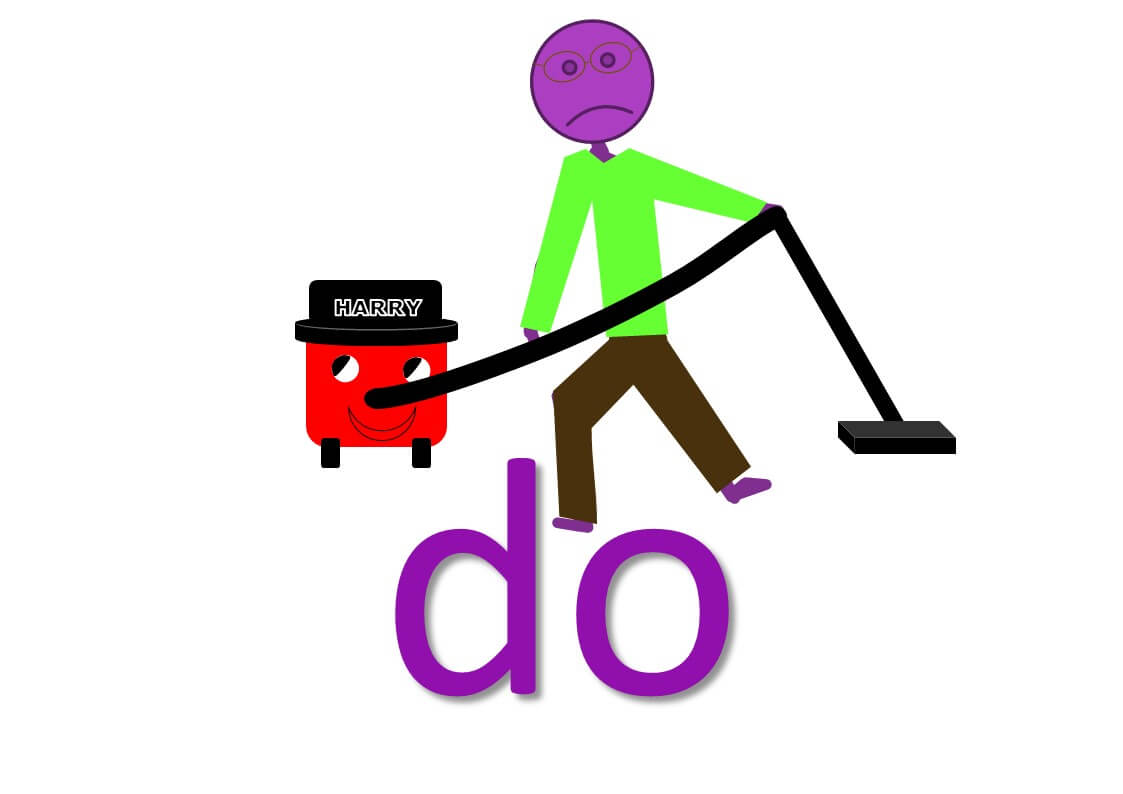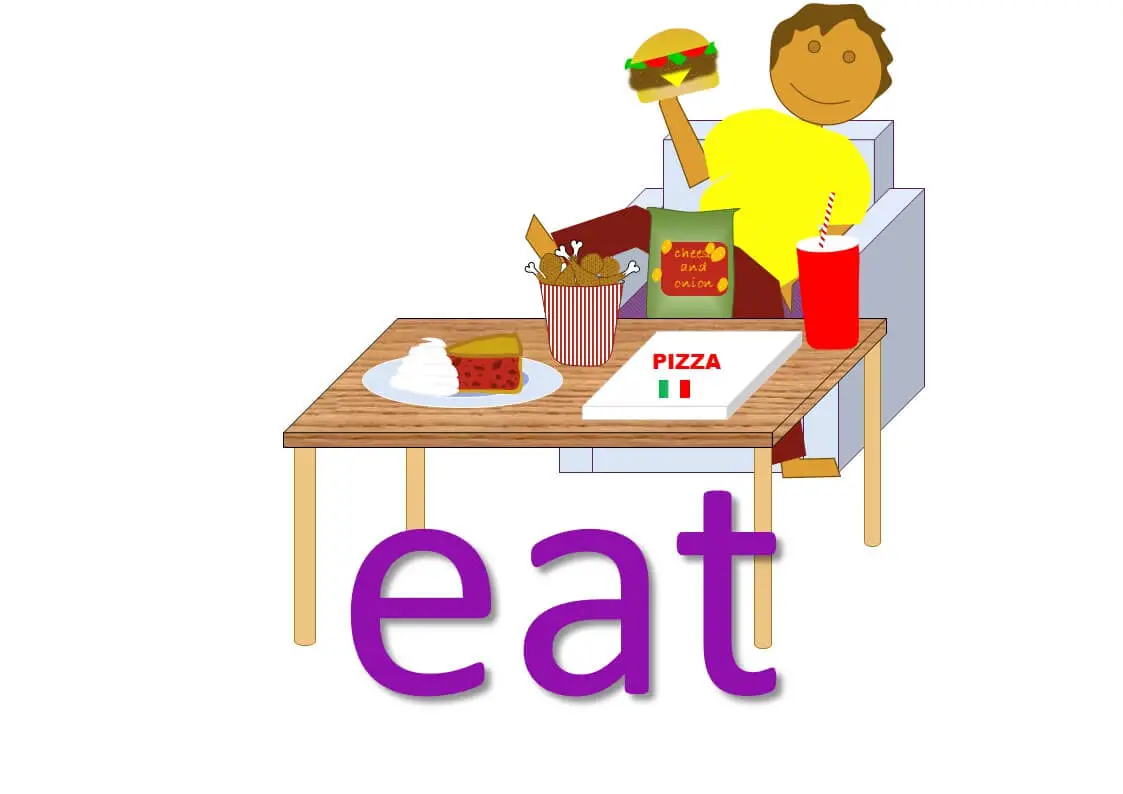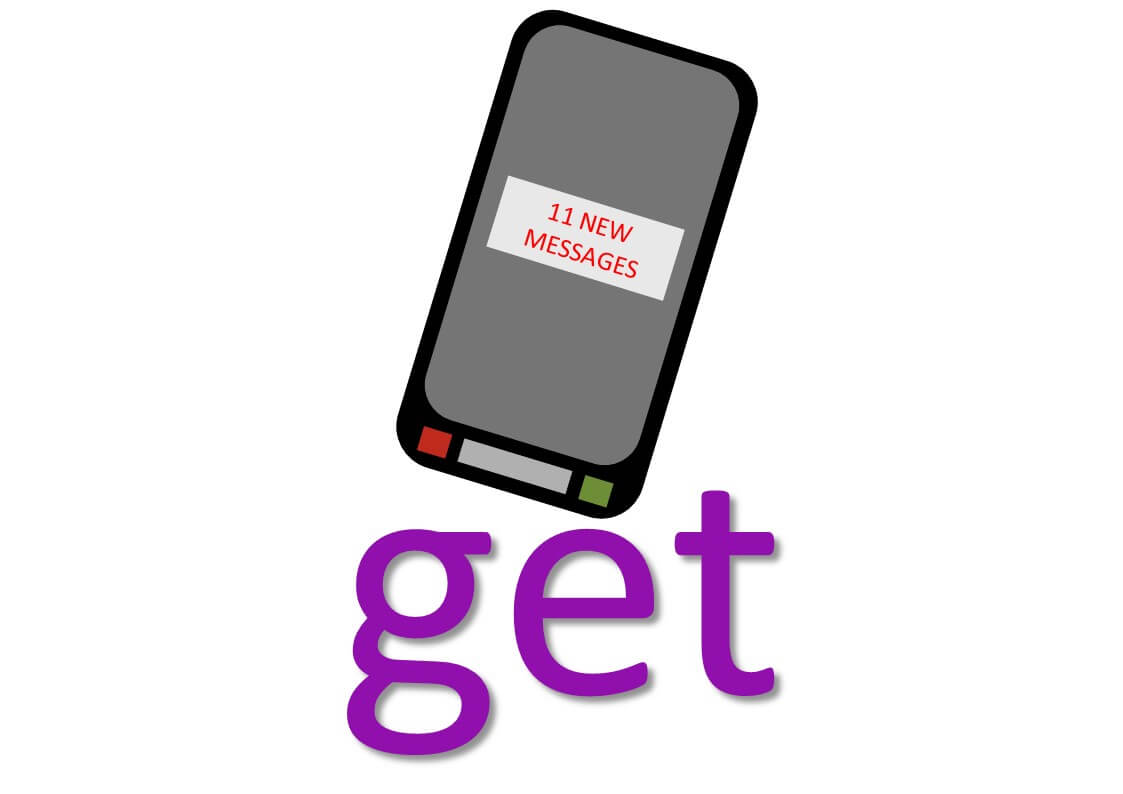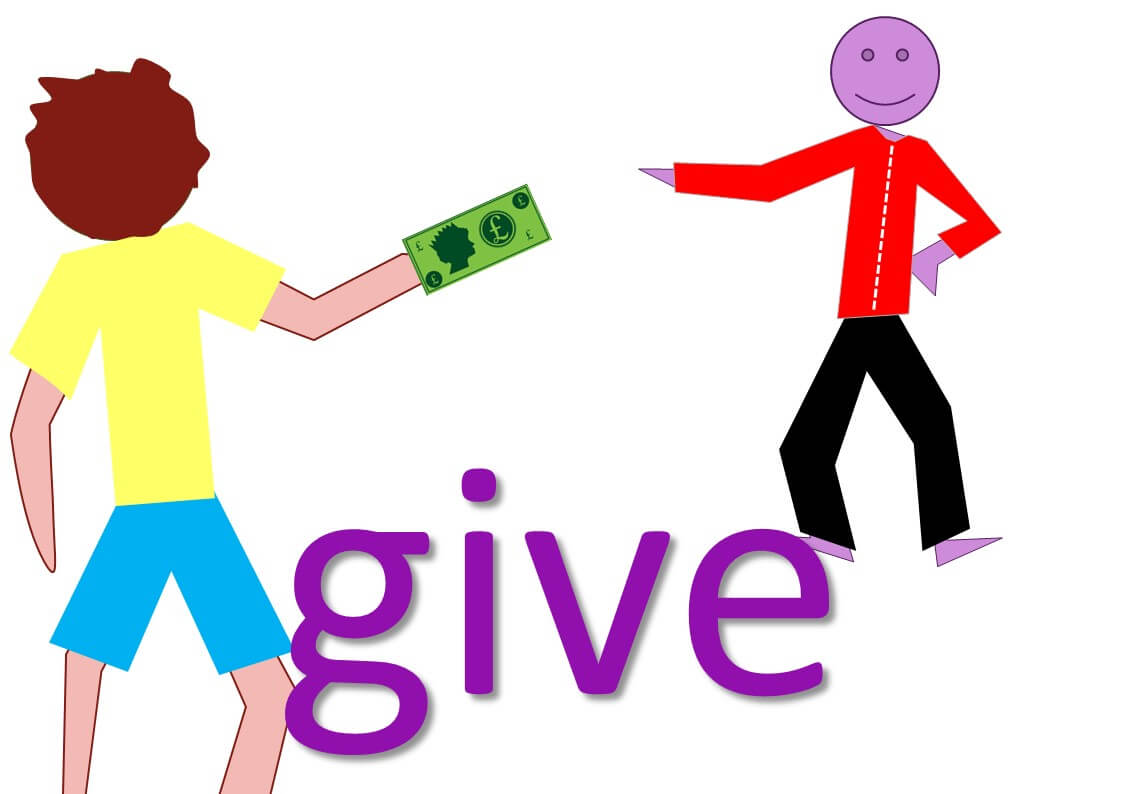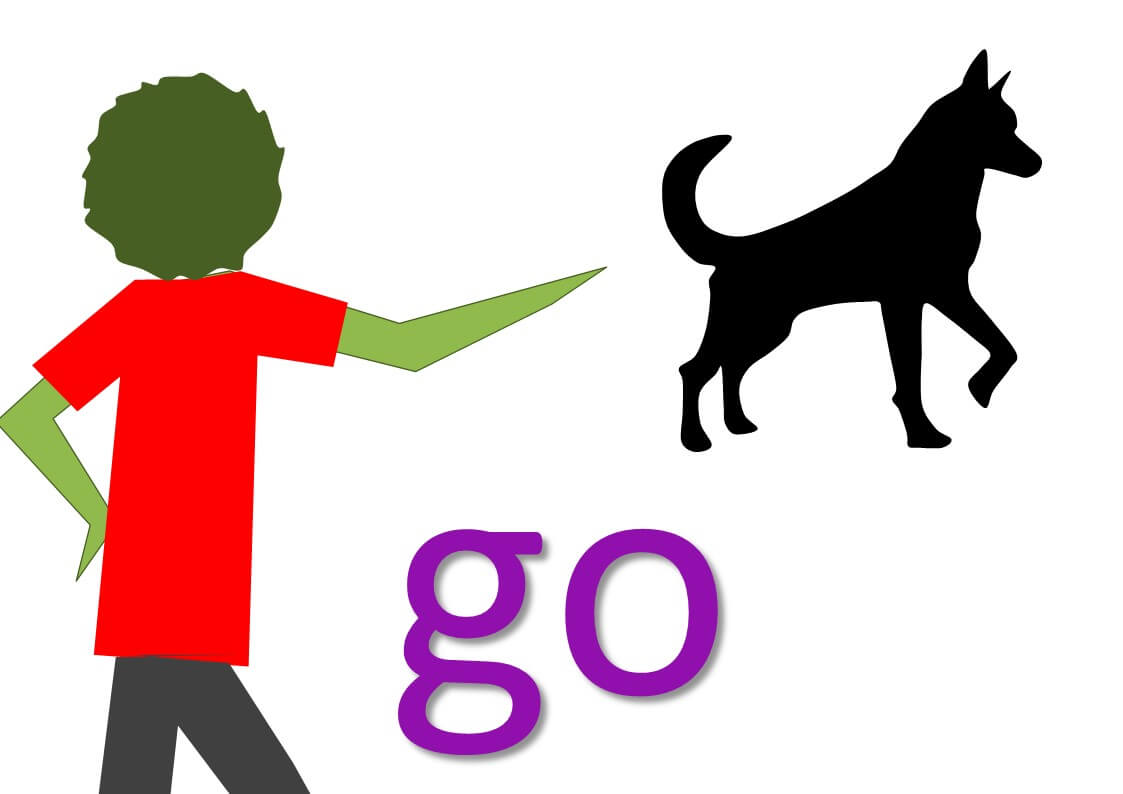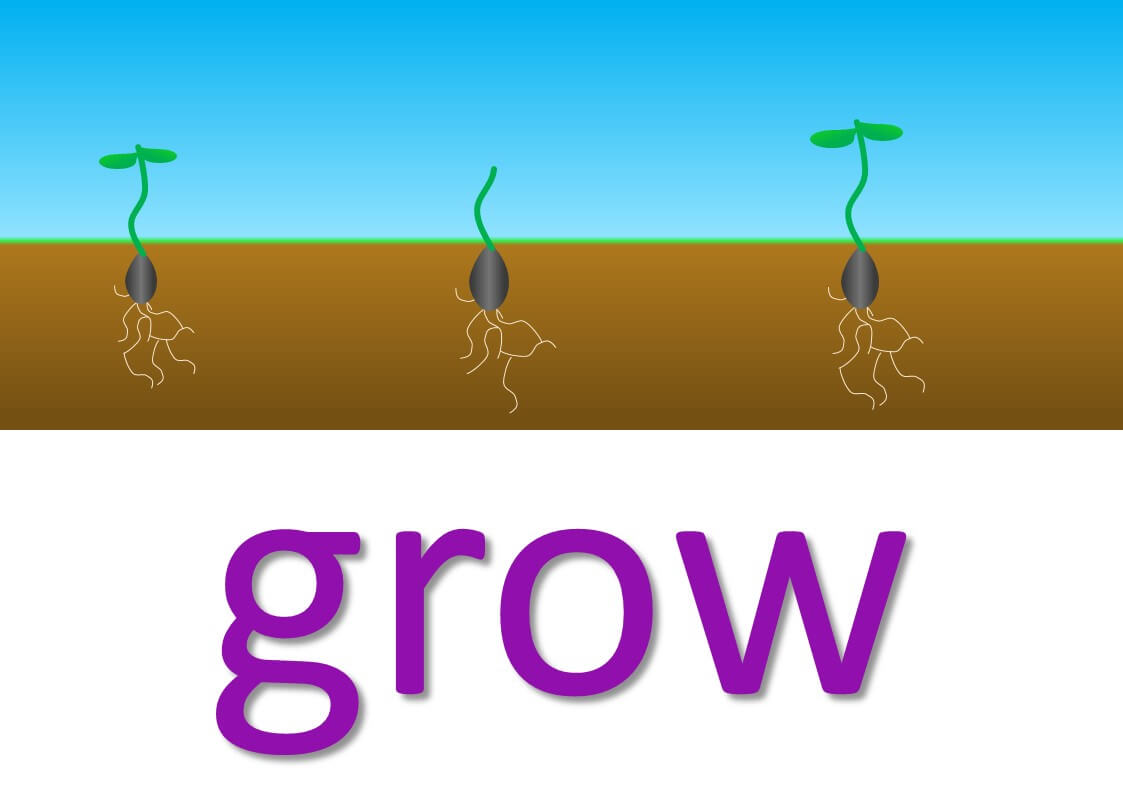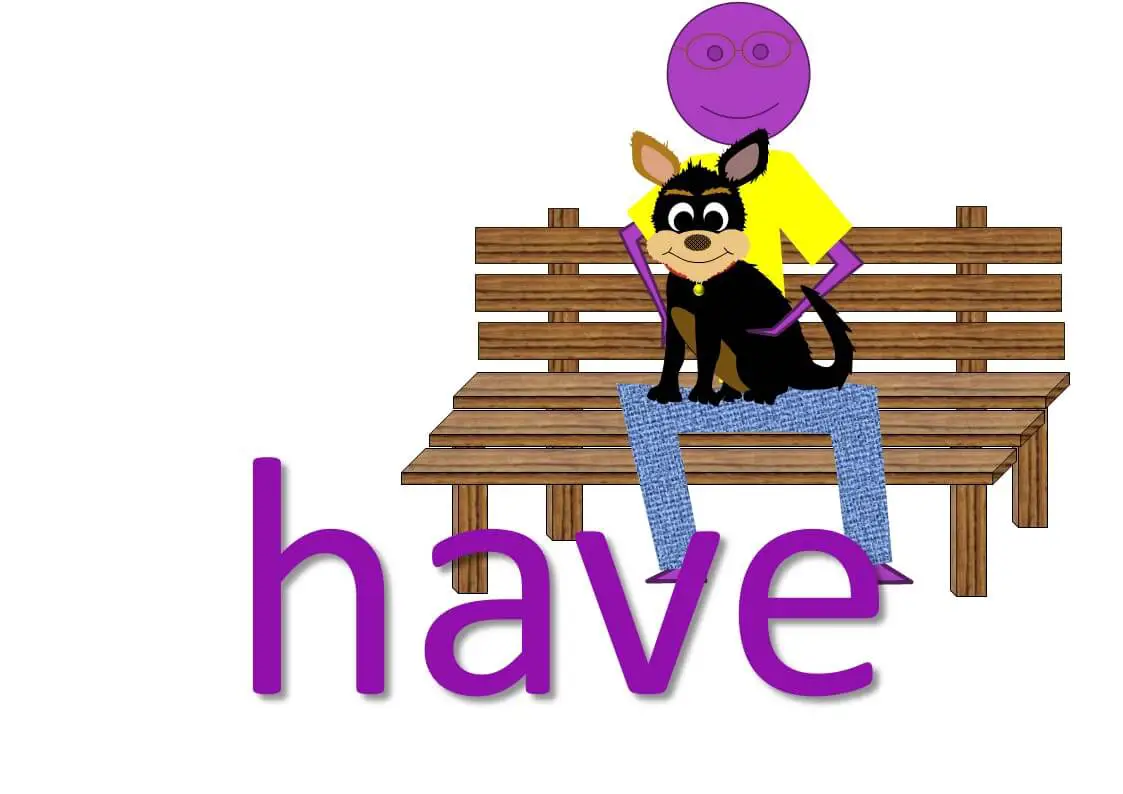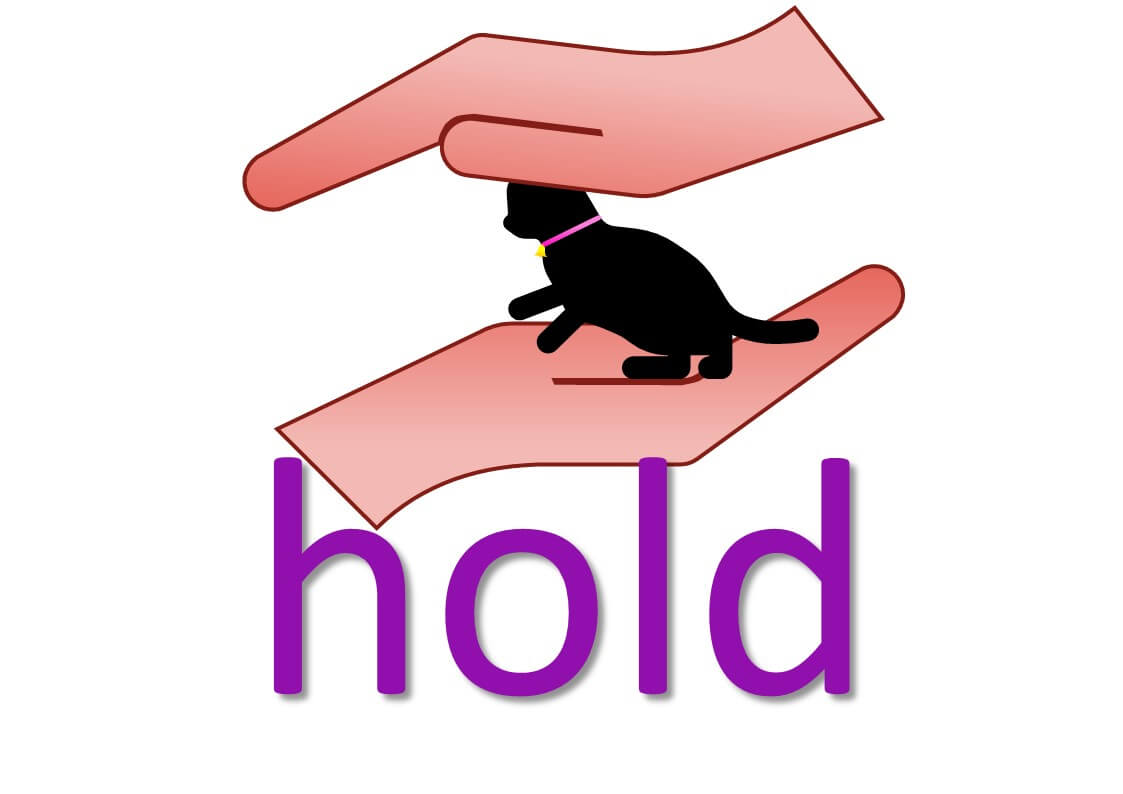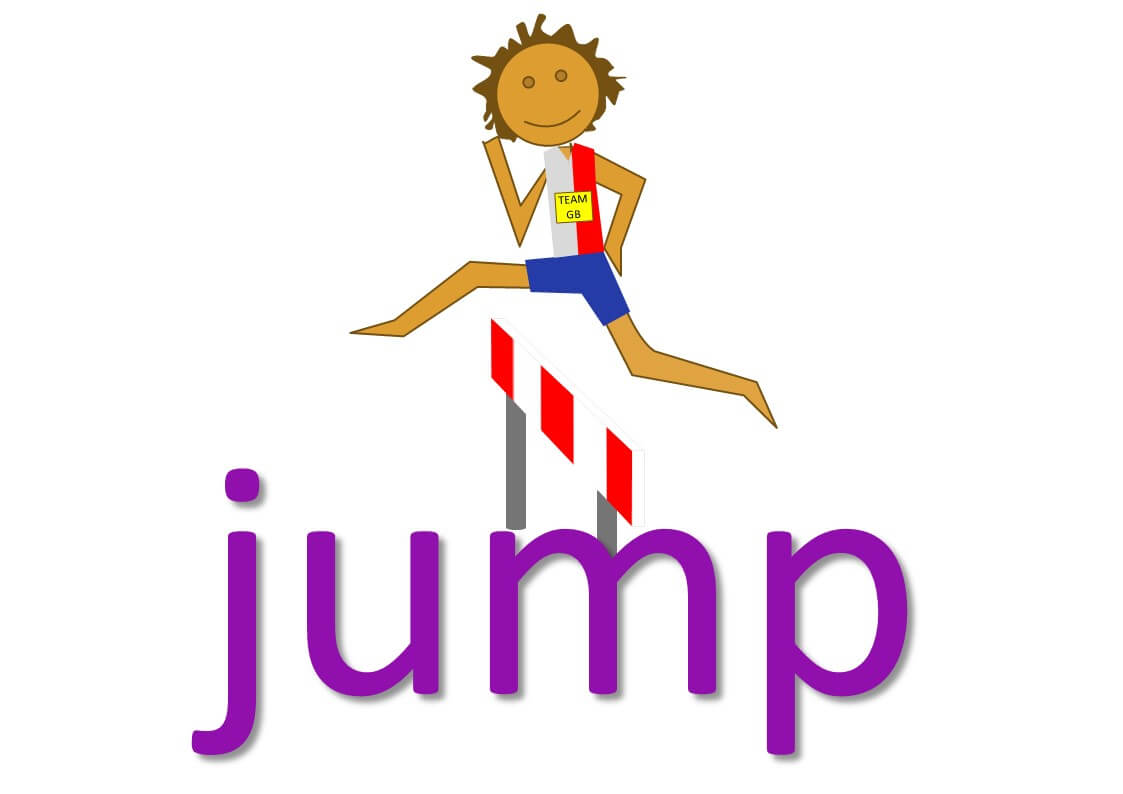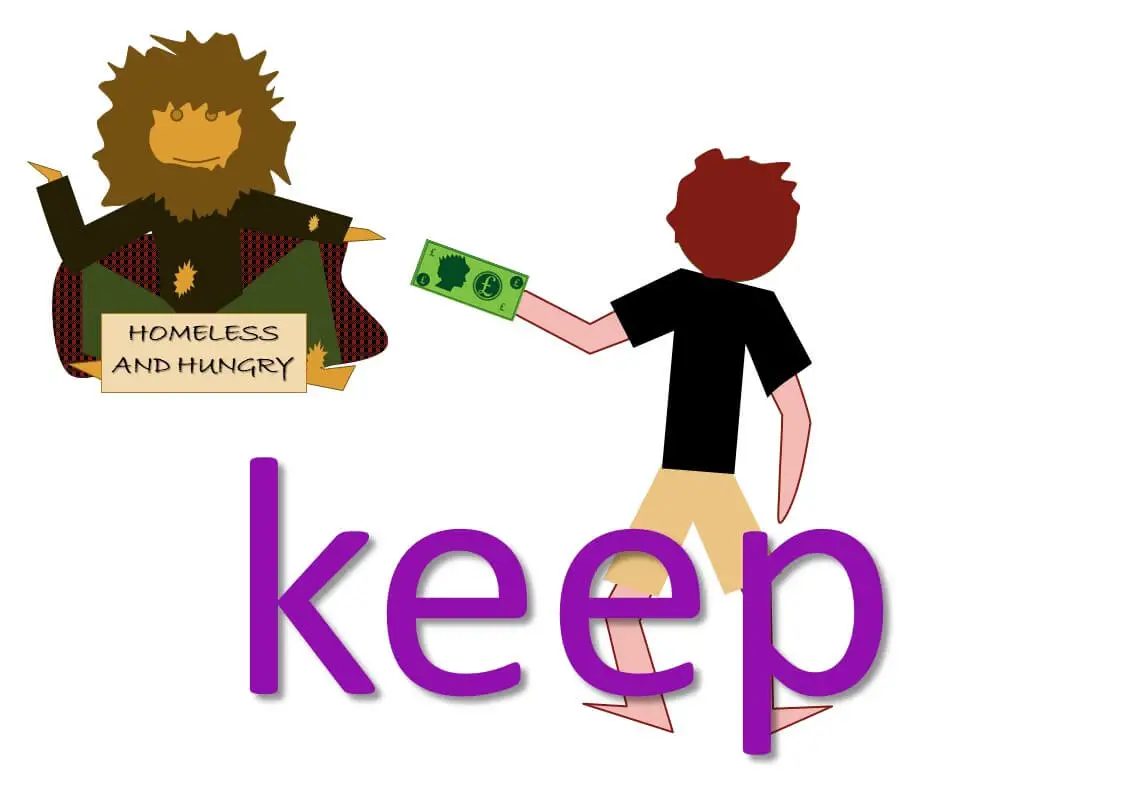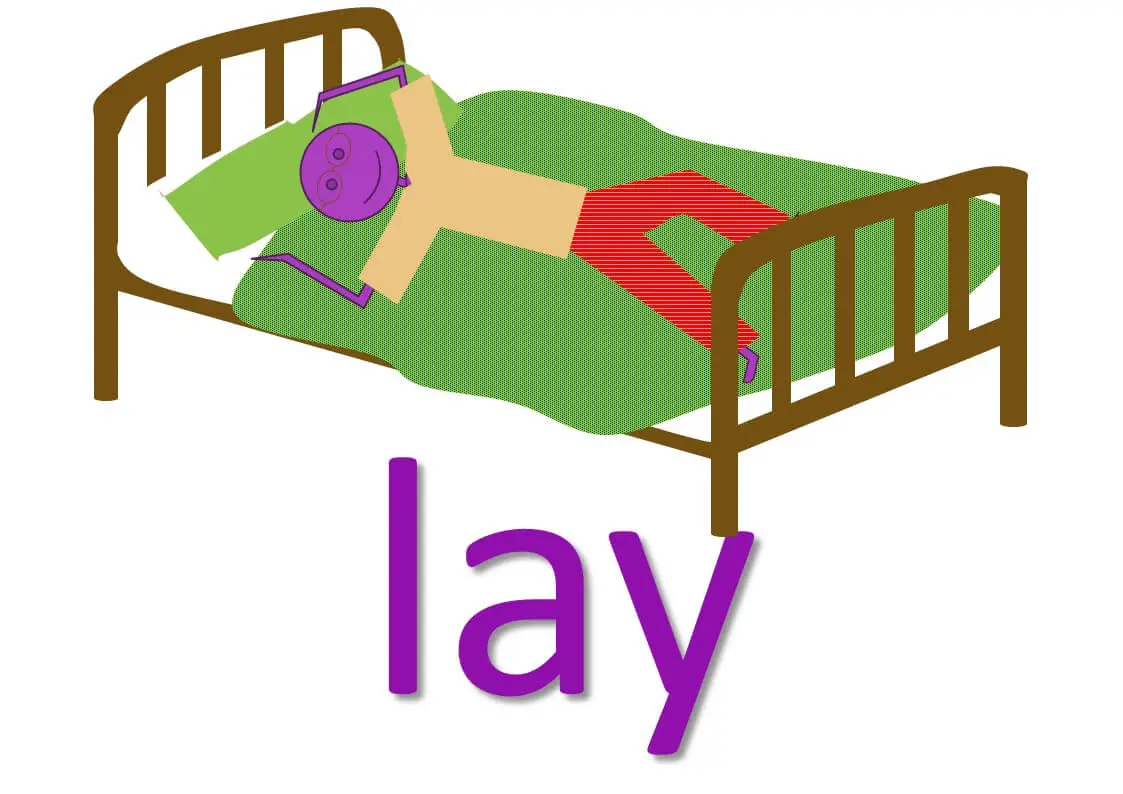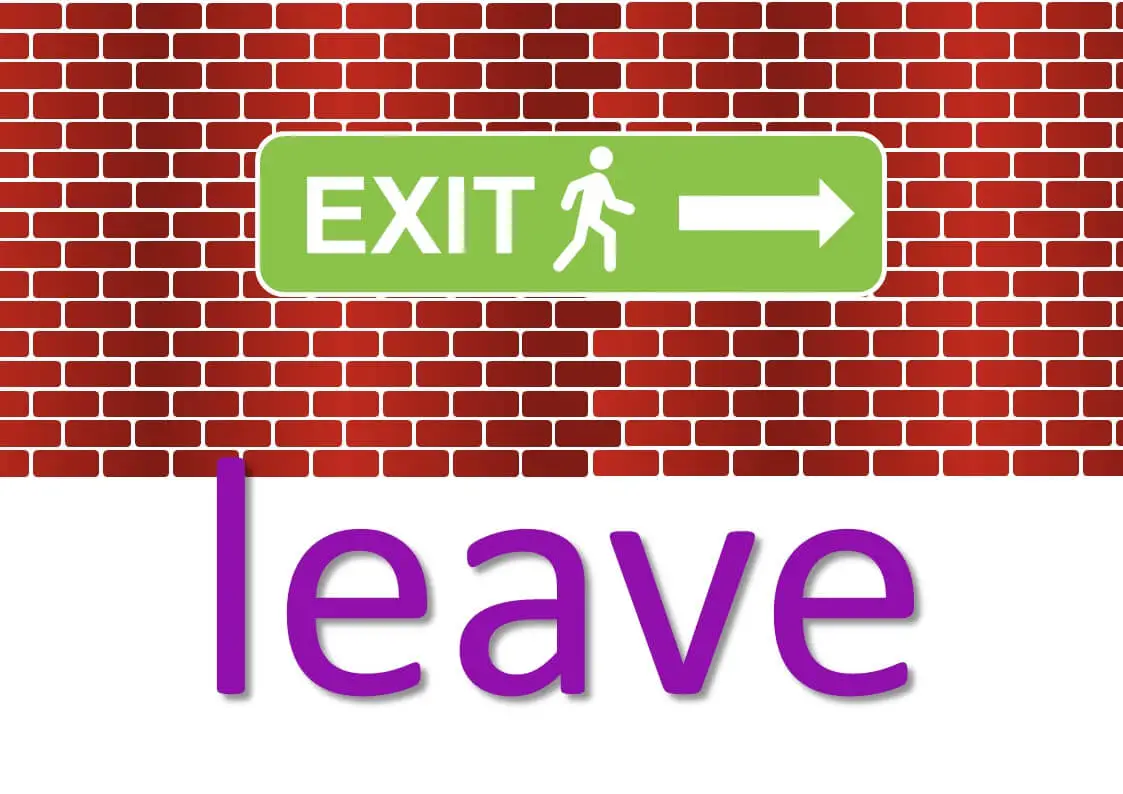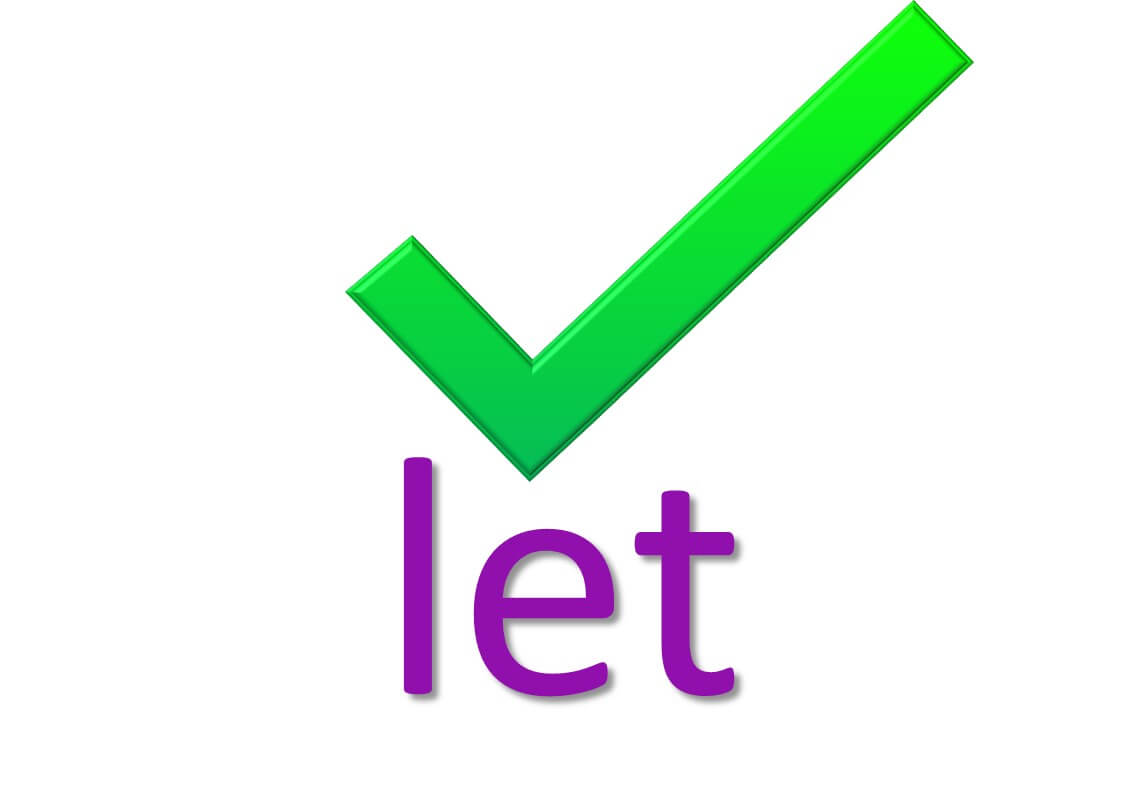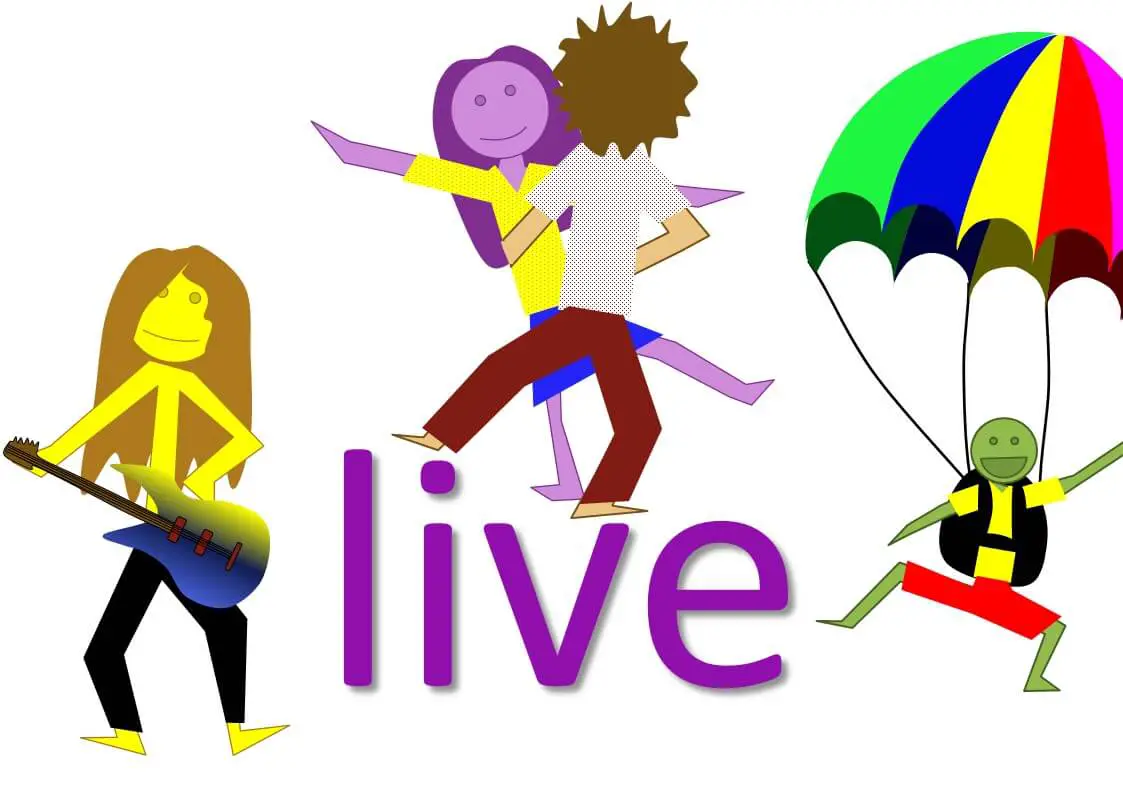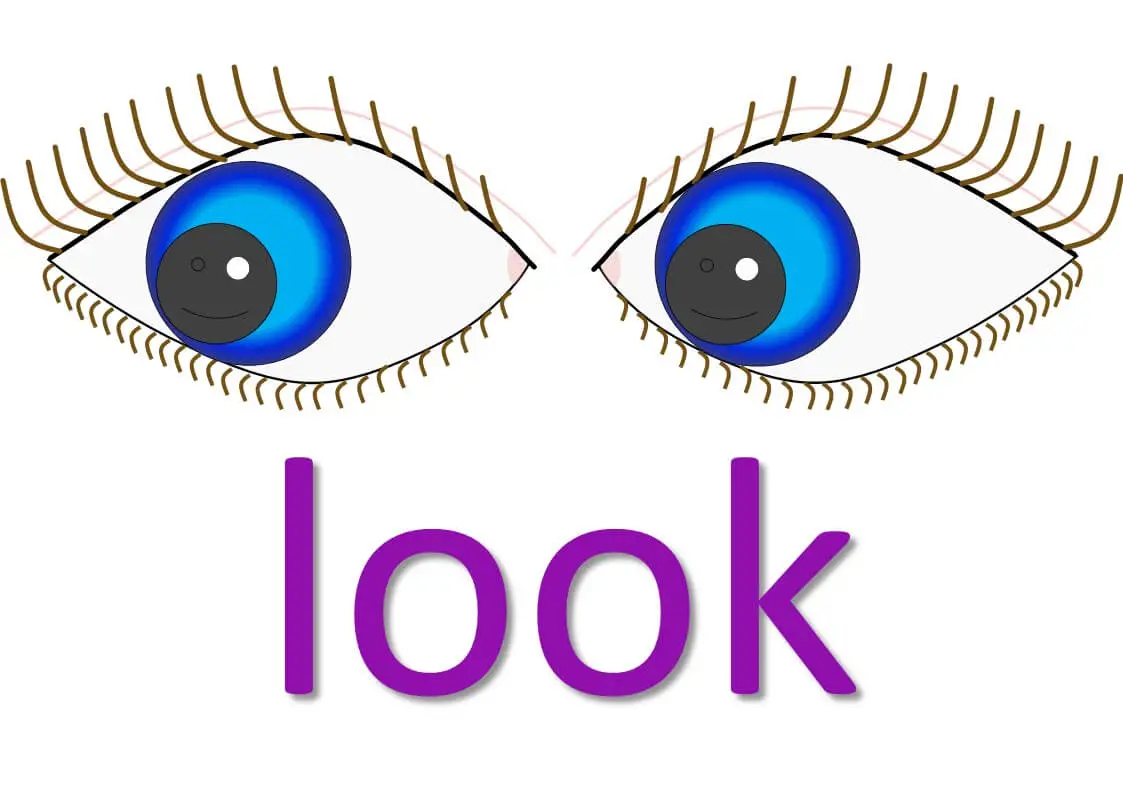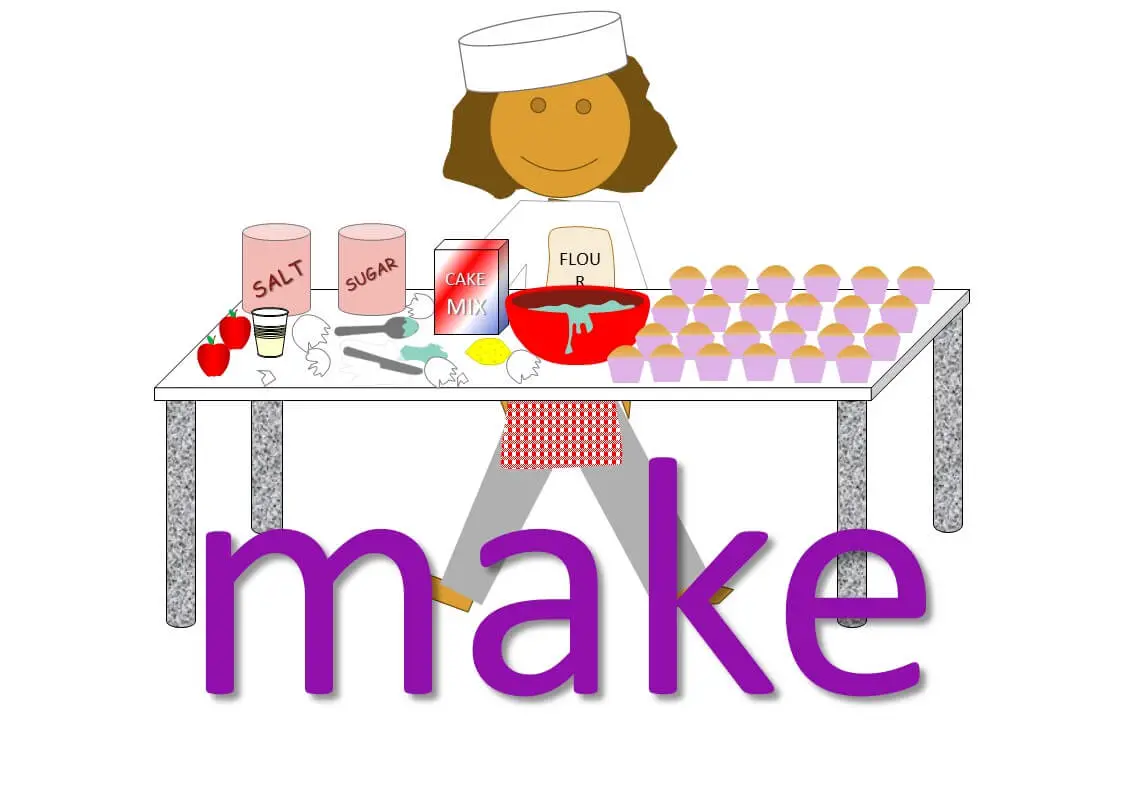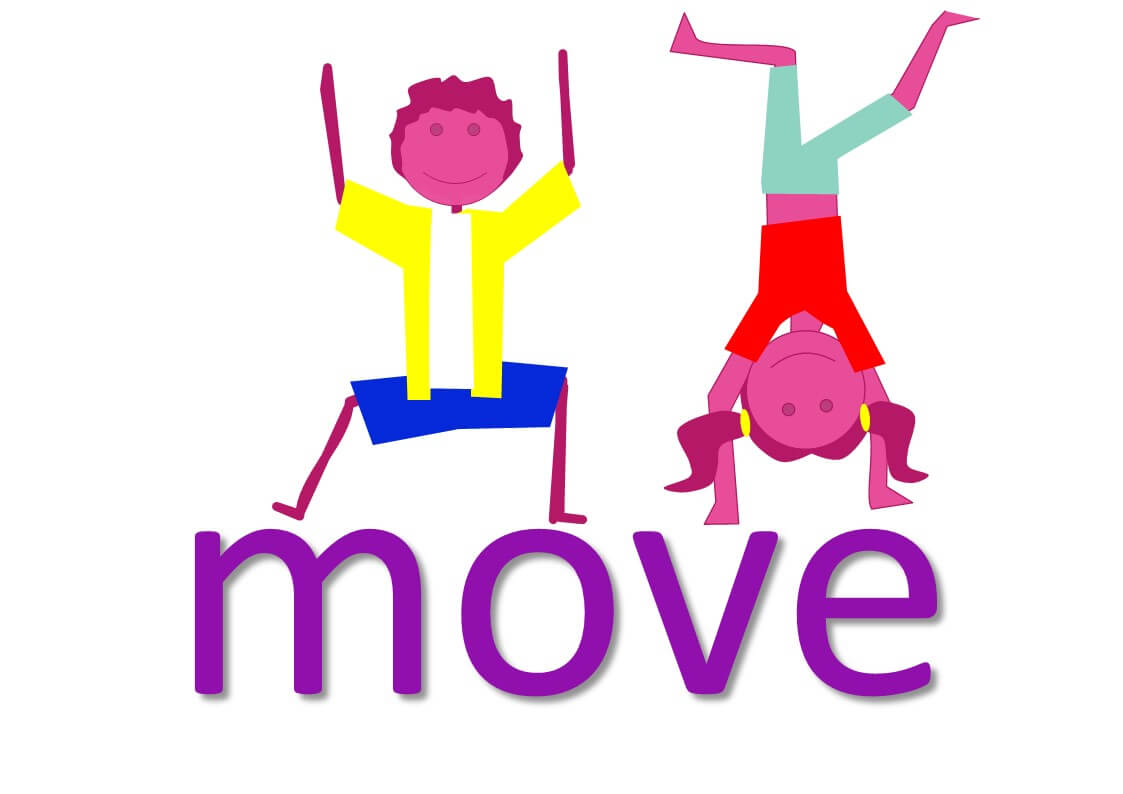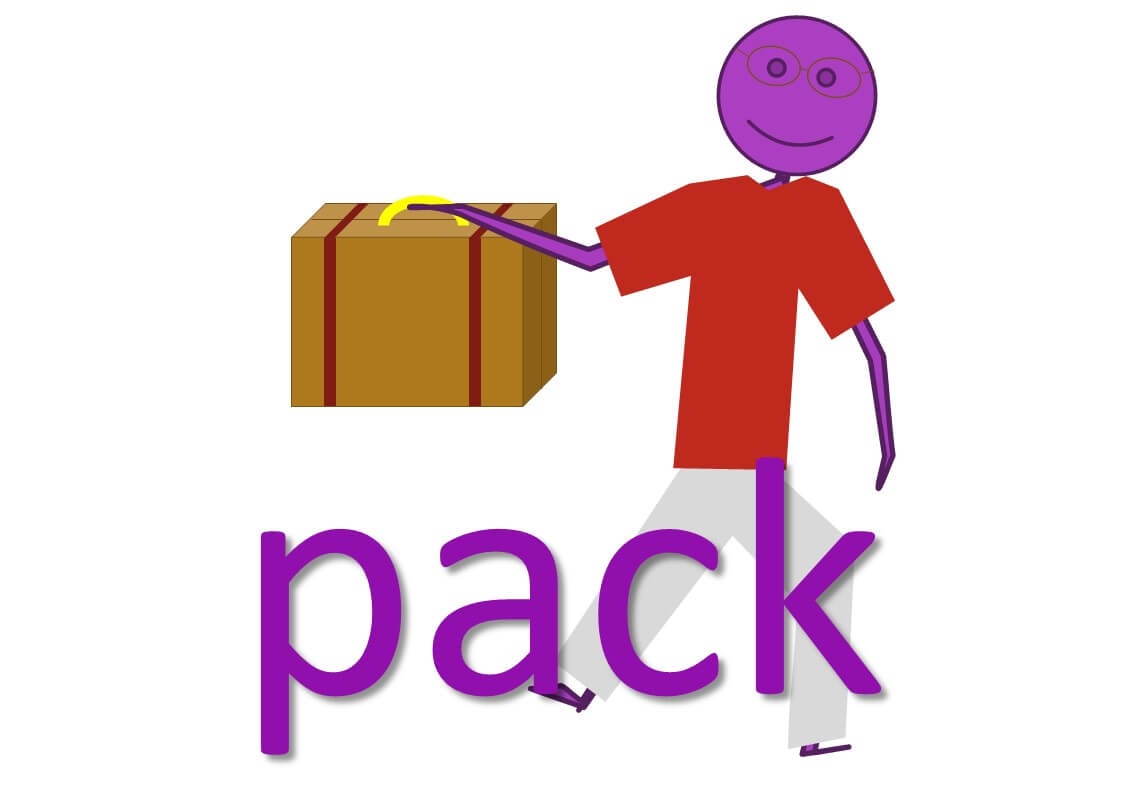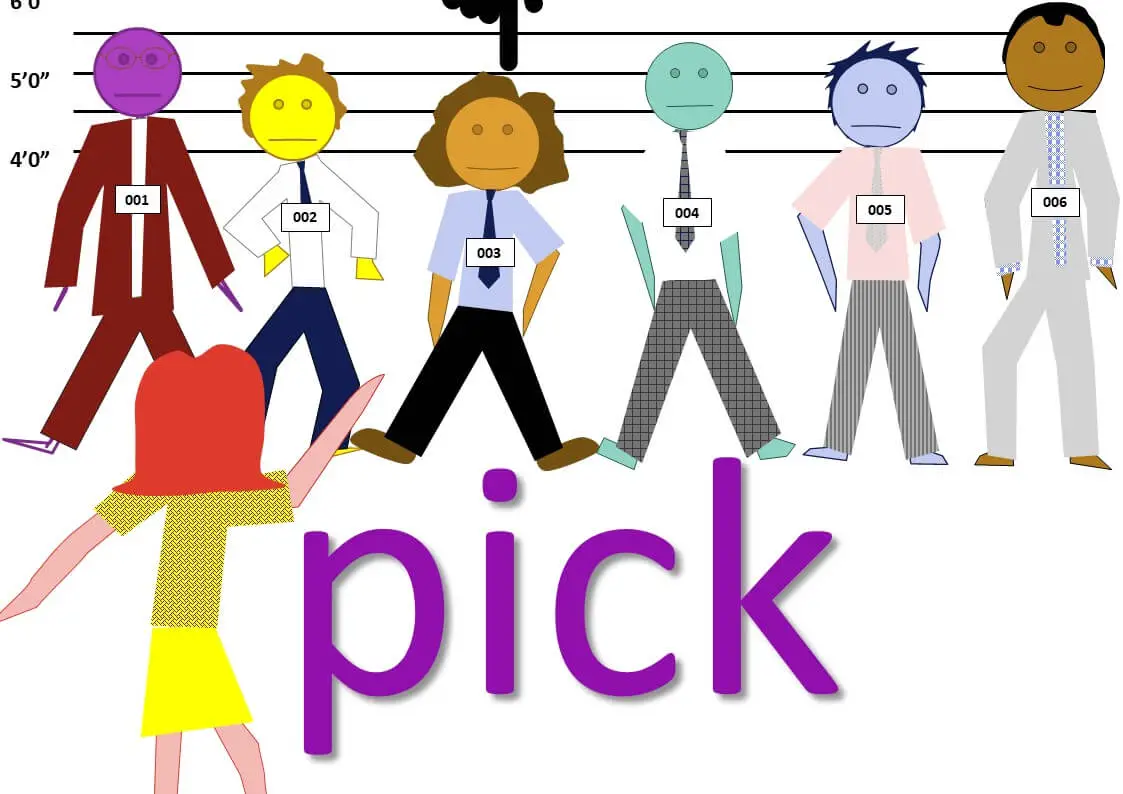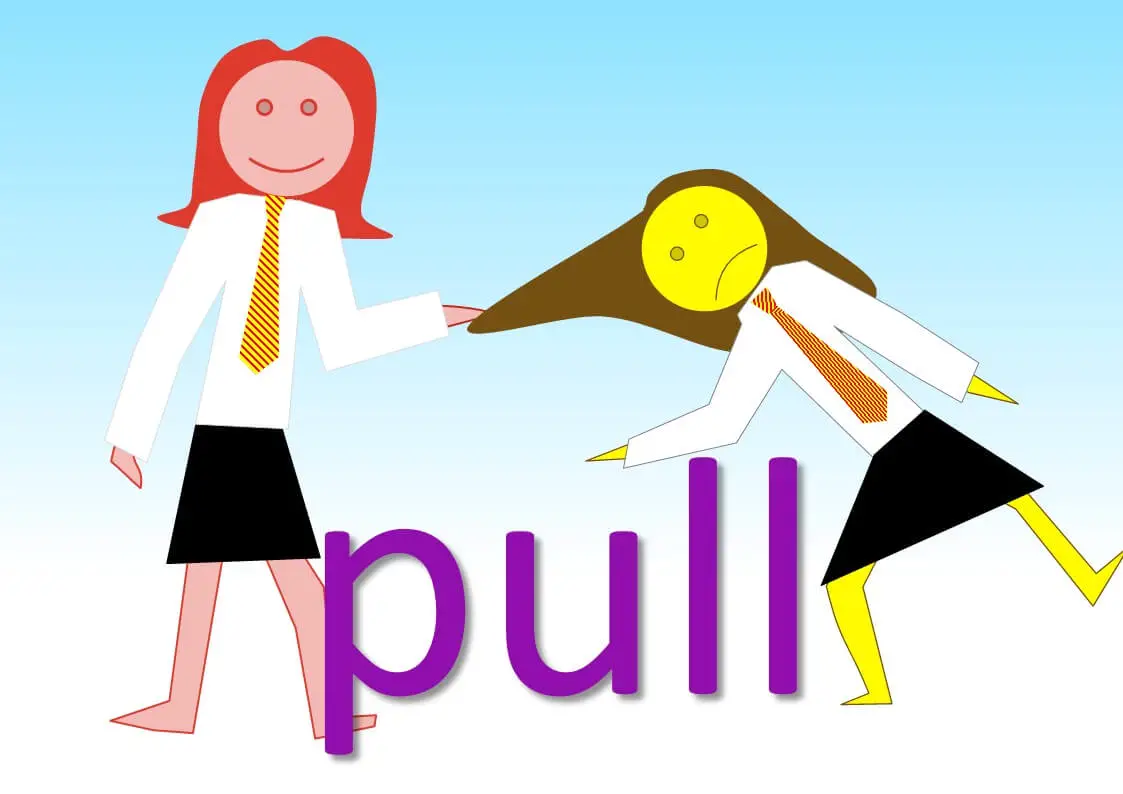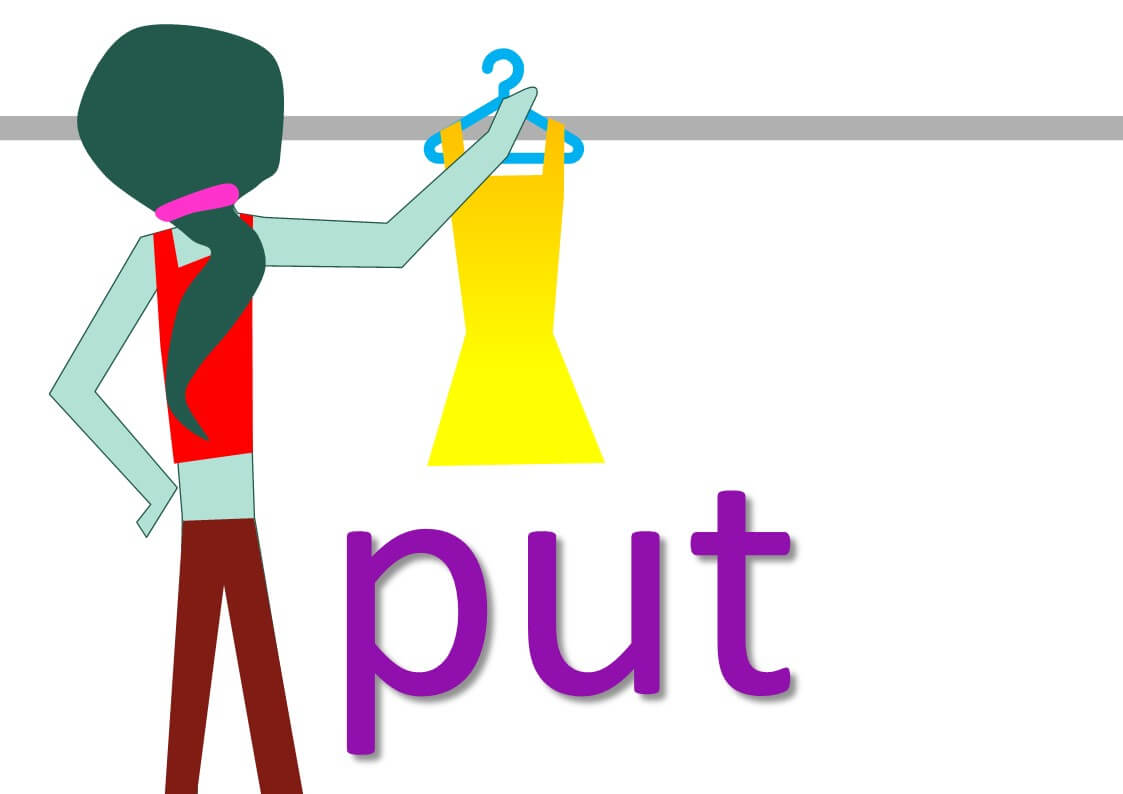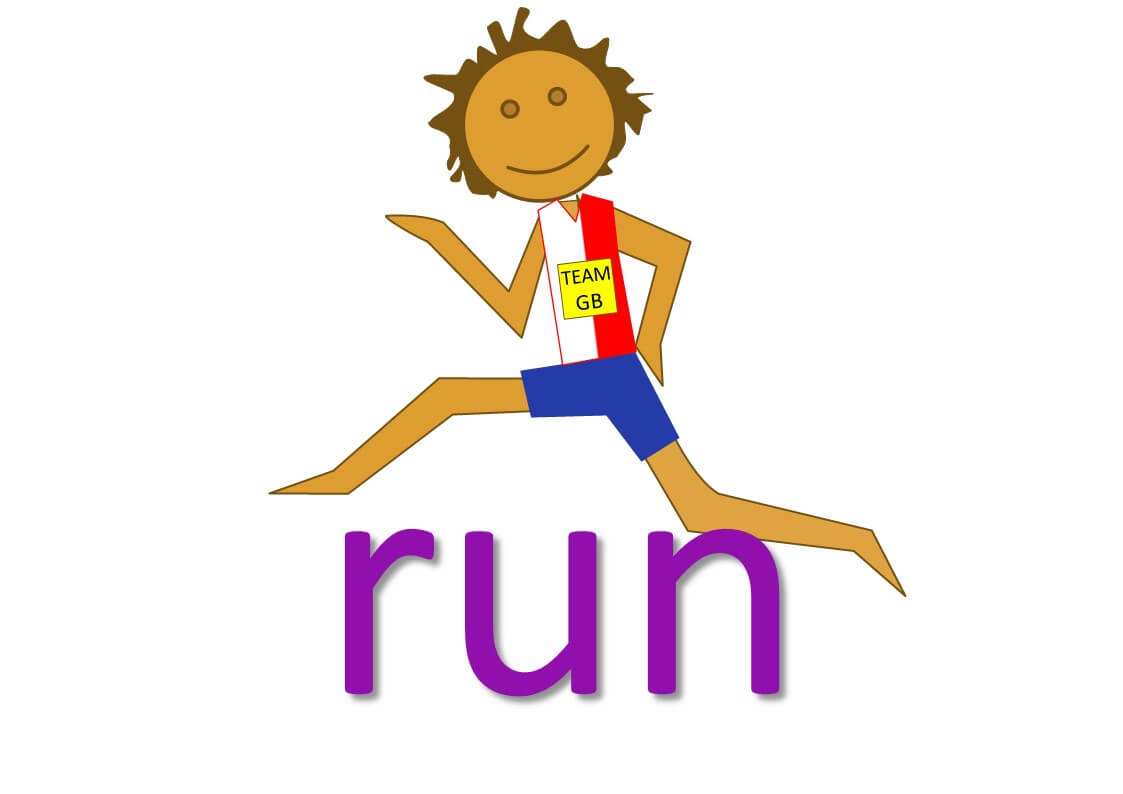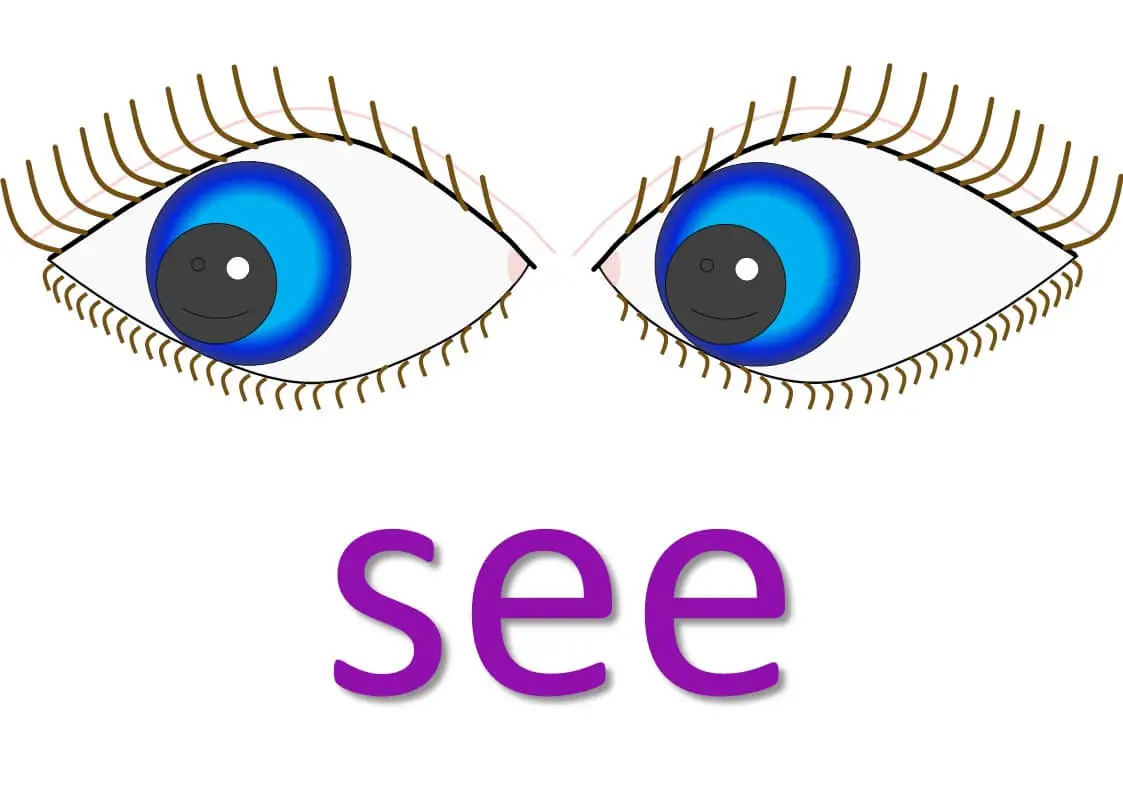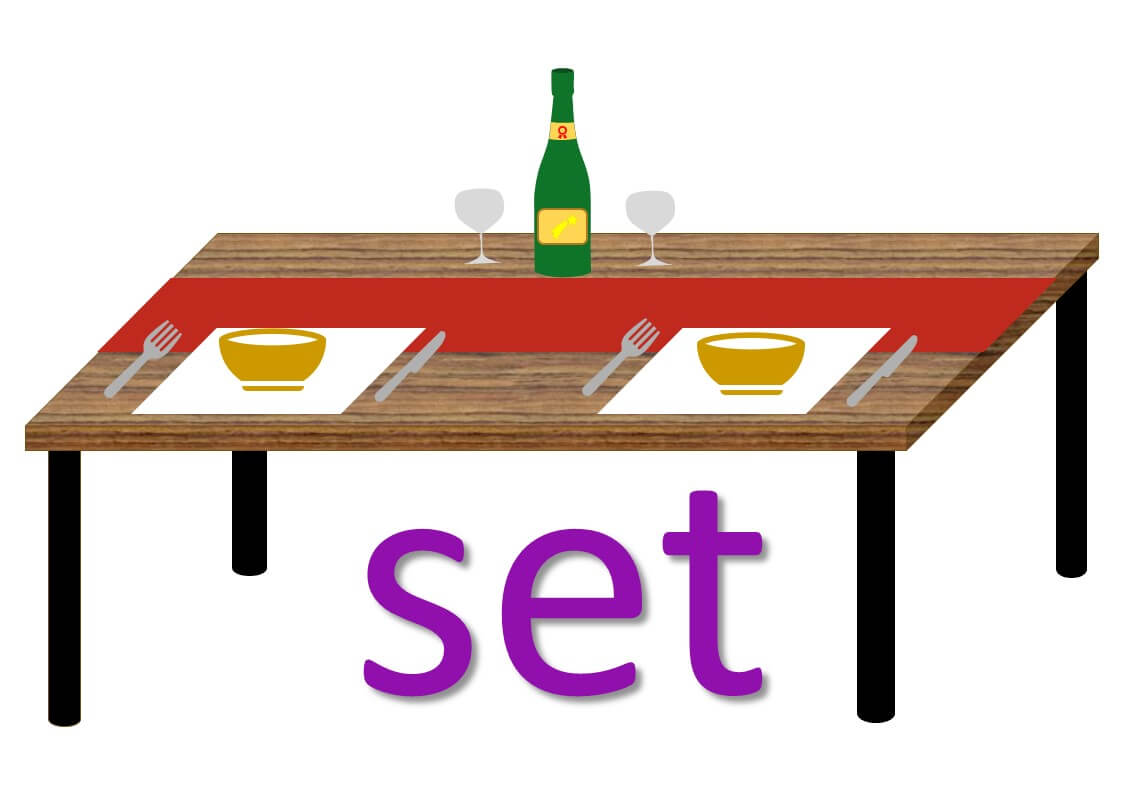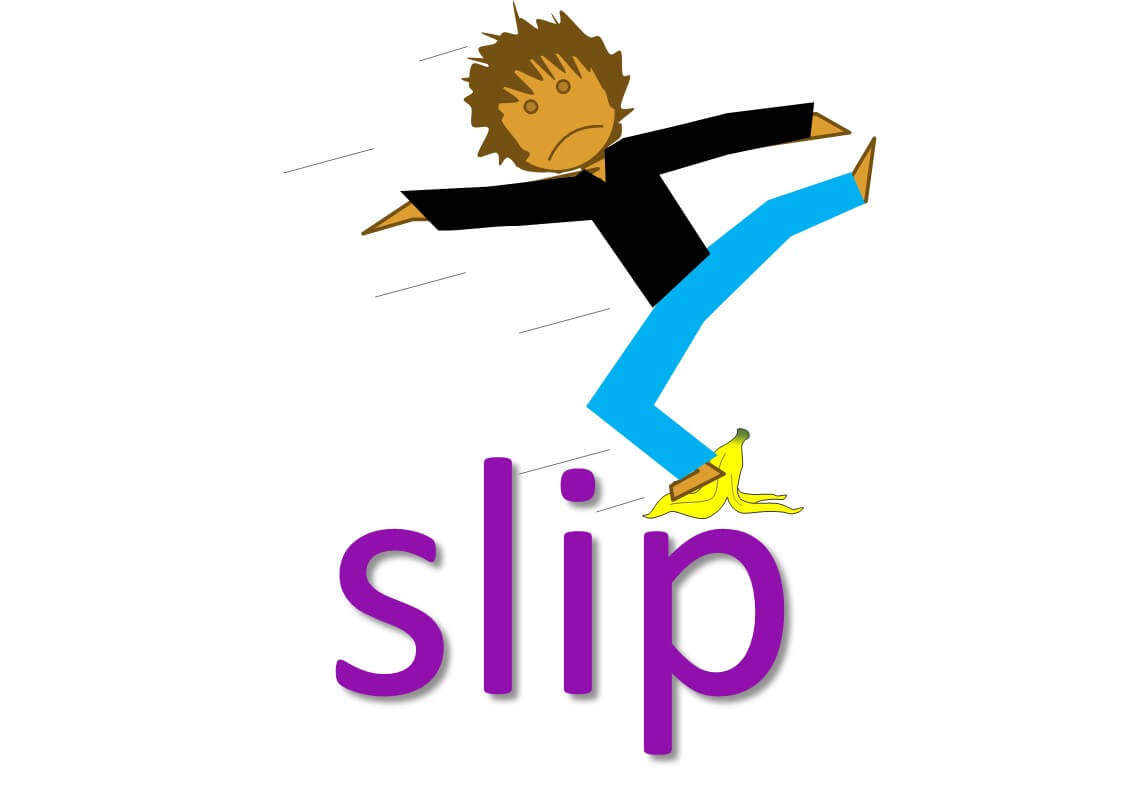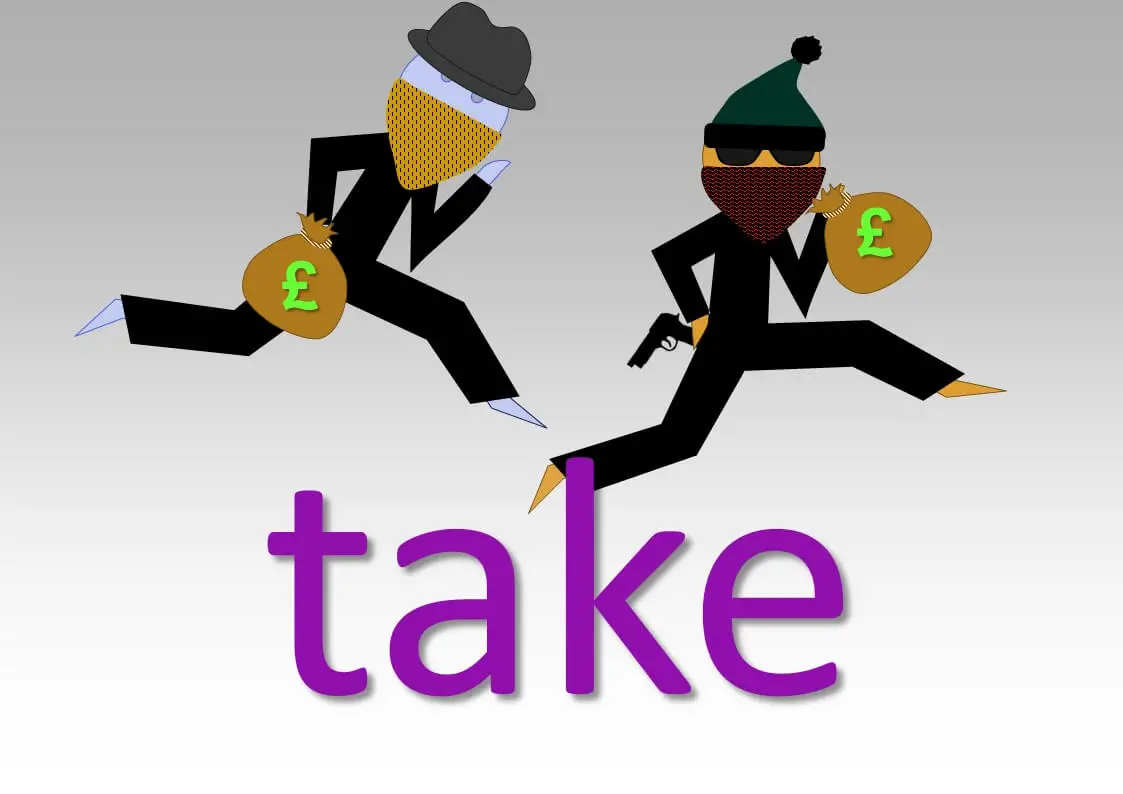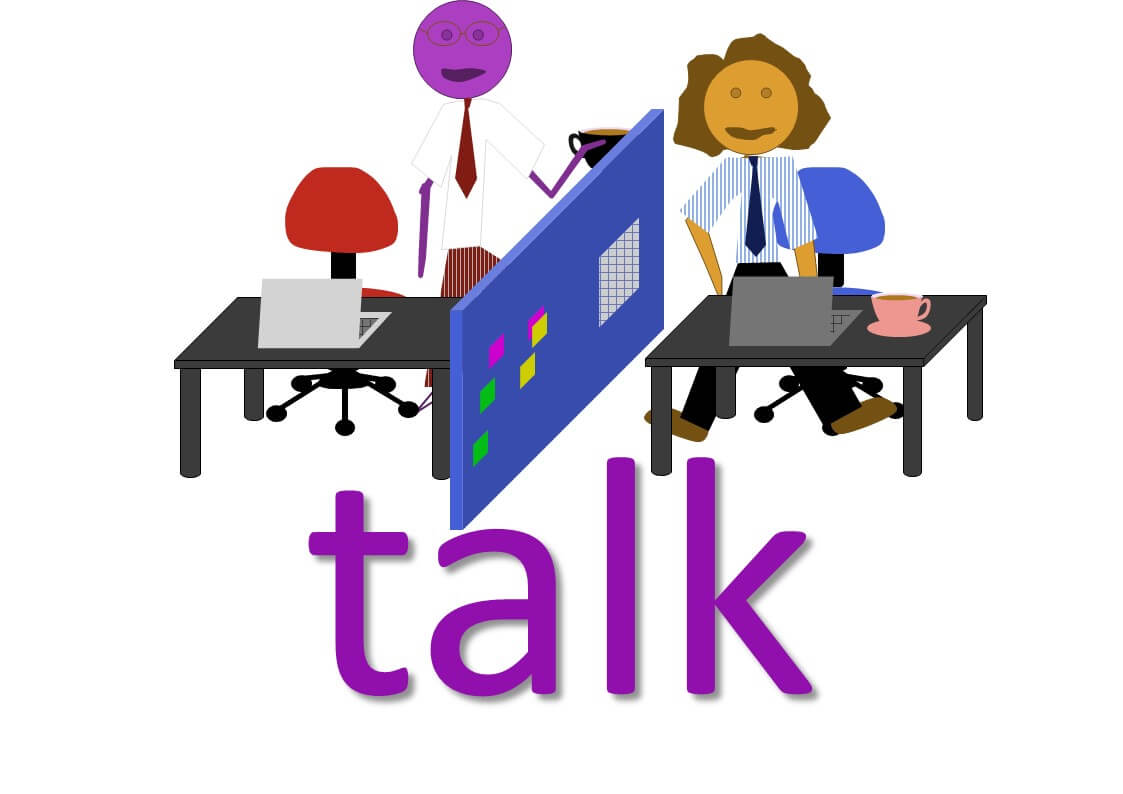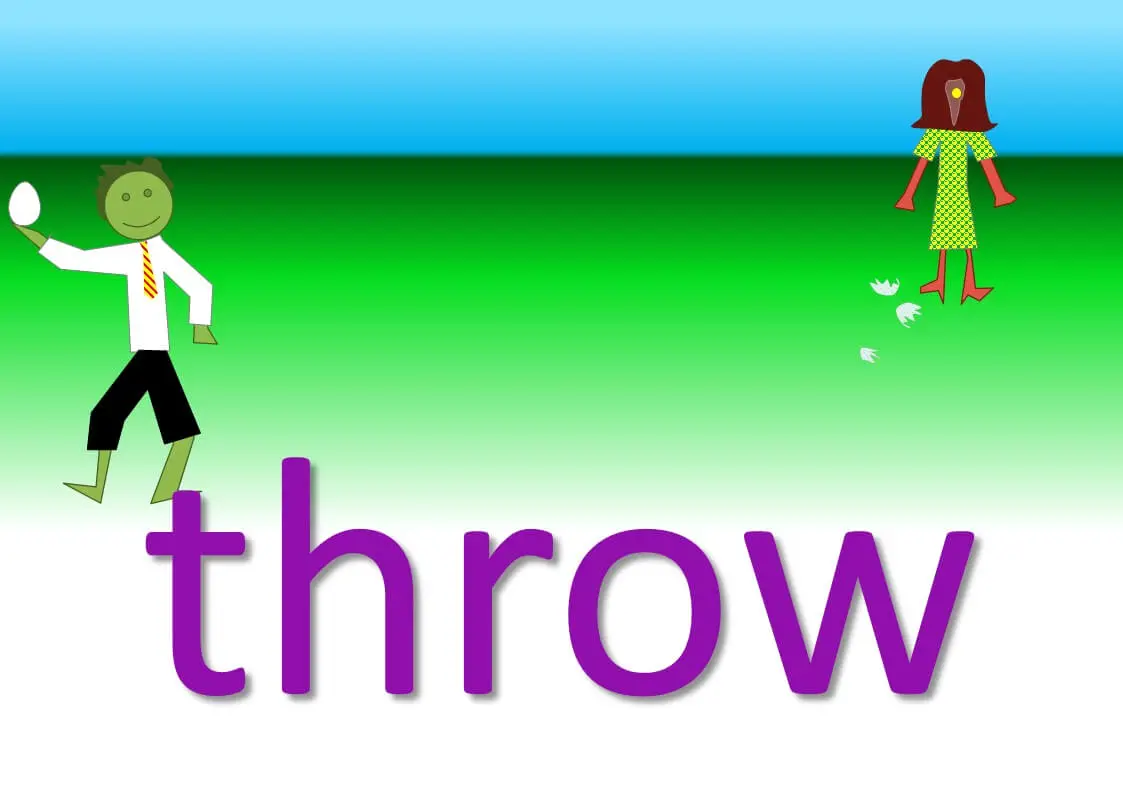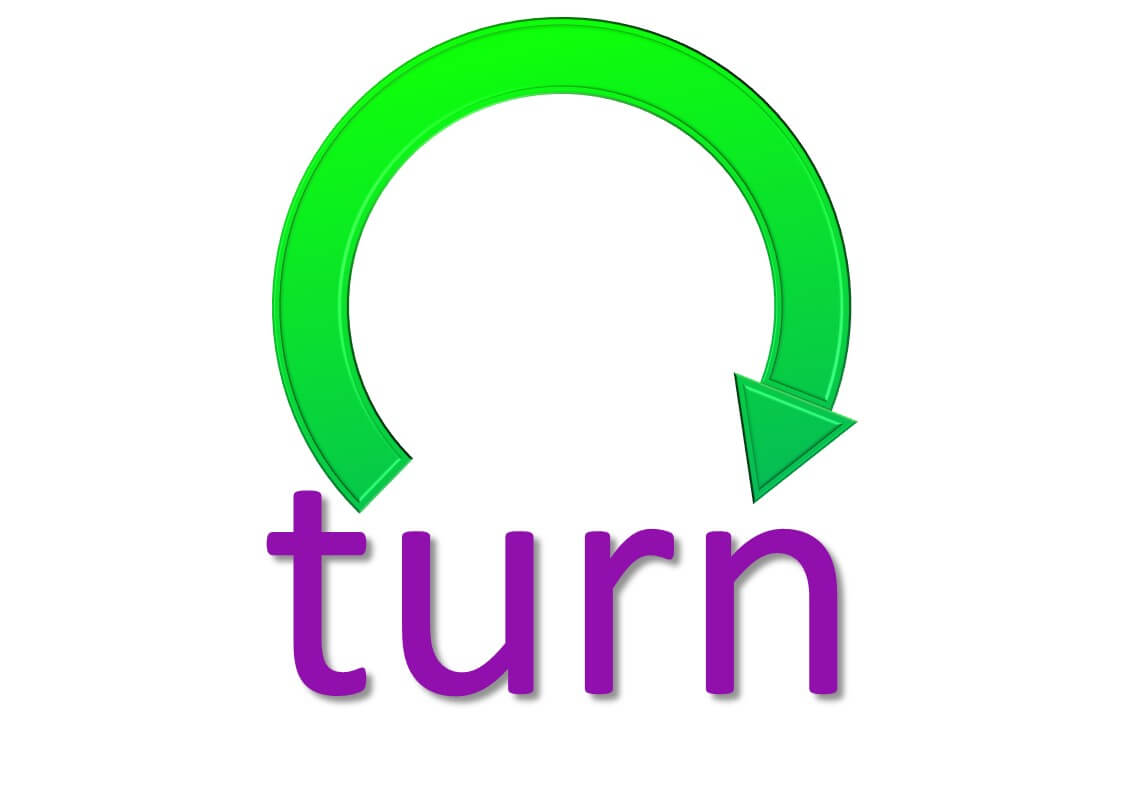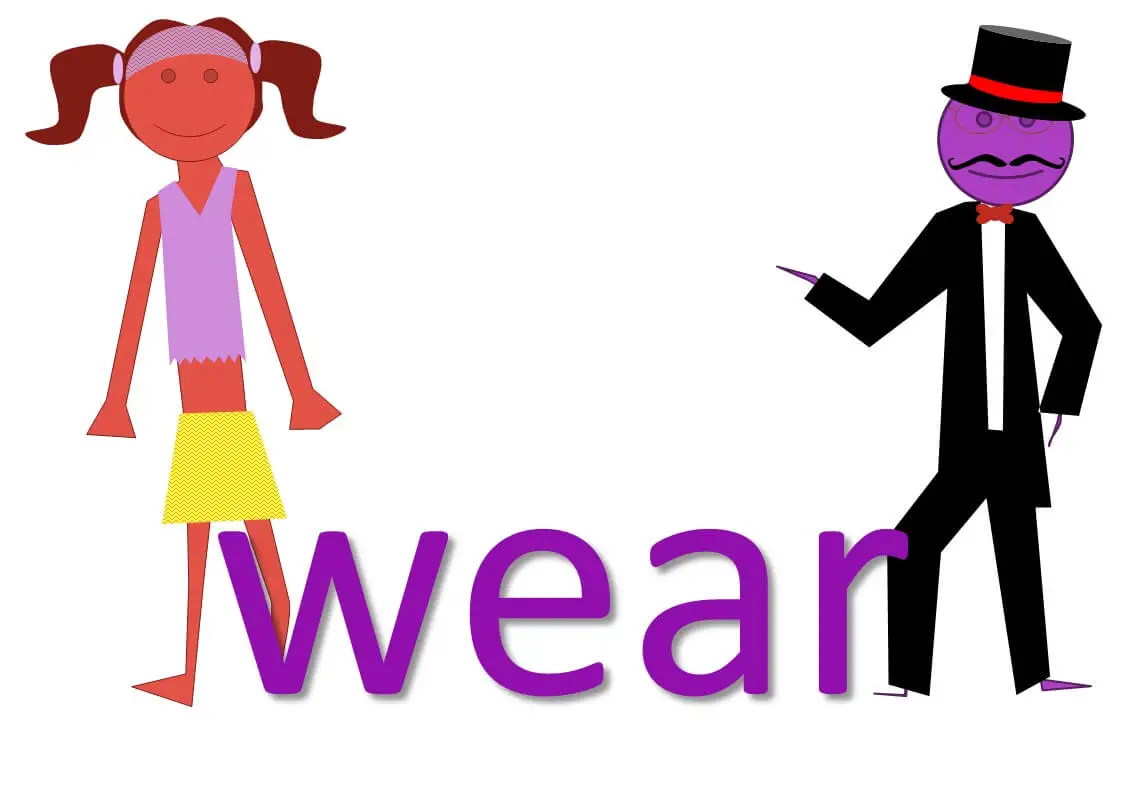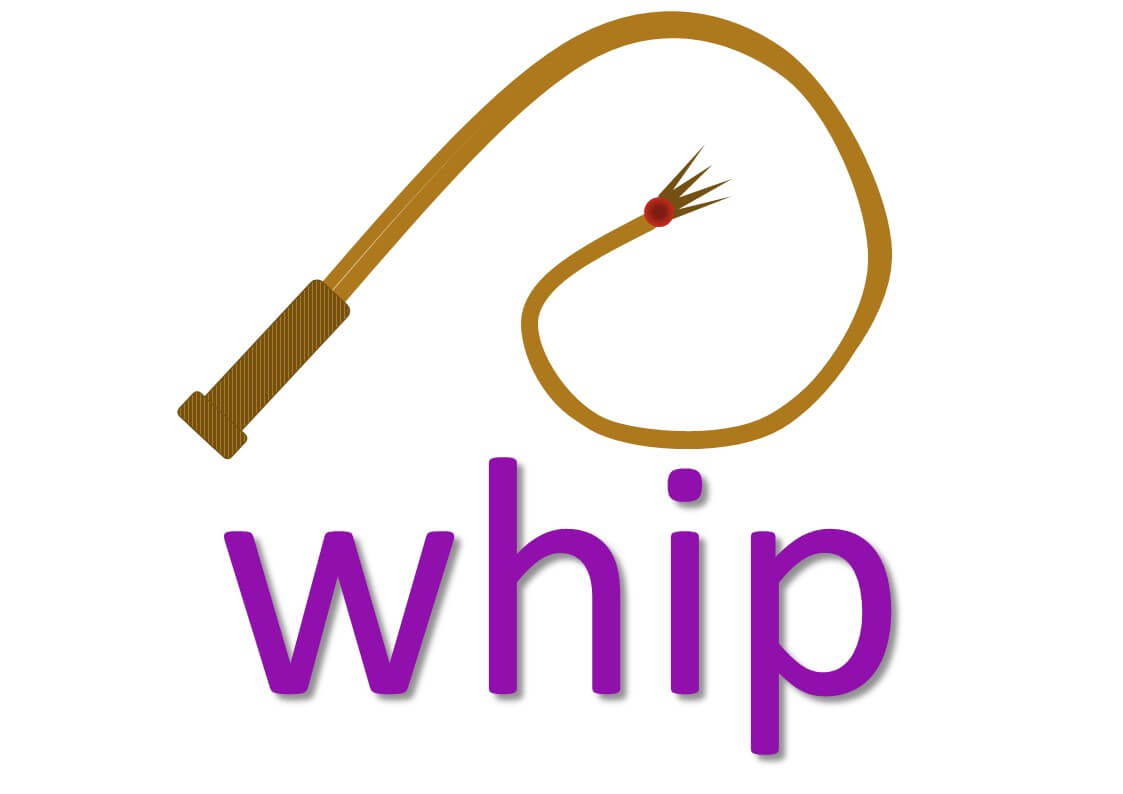Phrasal verbs in English are a huge part of the language. Native English speakers use them every day without even thinking about it. So, if you aren’t sure what one is, I’ll tell you…
a verb + a preposition or an adverb = well-known phrase = phrasal verb
This well-known phrase usually has nothing to do with the verb, preposition or adverb when they stand alone. However, when joined together they transform into a new phrase that only native speakers tend to understand easily.
What is a preposition?
If you’ve forgotten what a preposition is, I’ll give you a quick reminder:
A preposition tells the reader or listener when or where something is in relation to another person or object. For example:
- My mum is waiting AT the gate.
- I’m going to sit NEXT TO you.
Prepositions can be tricky, especially as there are around 150 to learn. My students often have trouble choosing the correct ones. In, on, and at cause the most problems, but luckily for you, I have made a guide to help you.
phrasal verbs example
The next task is to combine the verb with the preposition.
I’ll give you a quick example before you go and explore them for yourselves. Let’s take the verb ‘look’, meaning to glance at something with your eyes. If we pair that with the preposition ‘up’, we get the phrasal verb ‘look up’. This literally means turn your eyes towards the sky to see something.
Obvious right? Well… this particular example is easy BUT, now there is a big but coming your way. Look up can also mean to search for information. Just like you’re doing now, you’re looking up information on phrasal verbs. This meaning is not so obvious.
So, what I’m trying to say is that some are easy and make sense, others are difficult and you can’t guess the meaning just by looking at the the verb and preposition.
Here is ‘look up’ in use.
The above example is just one for the verb ‘look’. There are in fact multiple phrasal verbs for each verb. ‘Look’ has a lot as you can see in the picture below, if you want to learn them, you can find out more here.
I’ll give you another quick example. Let’s take the verb ‘get’ which means to receive or achieve. If we pair it with the preposition ‘in’, it can mean a few different things.
- get in – means arrive
example – I got in at 11:30pm last night, I had to do some overtime. - get in – means to enter a building or car
example – Get in the car kids, we’re going to be late.
The above example is just one for the verb ‘get’. There are in fact multiple phrasal verbs for each verb. ‘Get’ has a lot as you can see in the picture below, if you want to learn them, you can find out more here.
phrasal verbs structure
The rule to remember is that the verb changes according to the tense of the action. When the preposition changes, it changes the meaning of the phrasal verb. I’ll give you a few examples.
- infinitive tense – I like to look up train times online.
- present simple – I look up train times online.
- past simple – I looked up train times online.
- continuous – I am looking up train times online.
- participle – I have looked up train times online.
- gerund – Looking up train times online is easy.
A – Z phrasal verbs list
Over to you! I’m confident you now know a little bit about phrasal verbs and how they are structured so it’s time to venture out on your own and learn some of the hundreds we have in English.
Check out the phrasal verbs alphabetical list by clicking on the links below. They all include pictures too.
Phrasal verbs grouped by verb
Did you know…
Lots of phrasal verbs in English use the same verb BUT the preposition alters the meaning either slightly or totally.
If you want to learn about all the phrasal verbs, click on the picture below. Some of the most common ones are with the verbs come, give, go, look, put and turn.
A little tip…they can be in either the past, present or future tense. It’s a great help if you’re up to speed with your verbs for this. If you’re unsure if a verb is regular or irregular, or want to refresh your memory, head over to my grammar section.
Do you like to learn English phrasal verbs?
If you’ve enjoyed this page, there are plenty more for you to look at. Click here to see the list of groups ready and waiting to be studied. Maybe you just like informal/slang English? Head to my useful tips and information section for loads more hints and tips to speak like a native.
If you really want to take your native speaking to the next level, how about taking a course? Here are some of the best ones:
